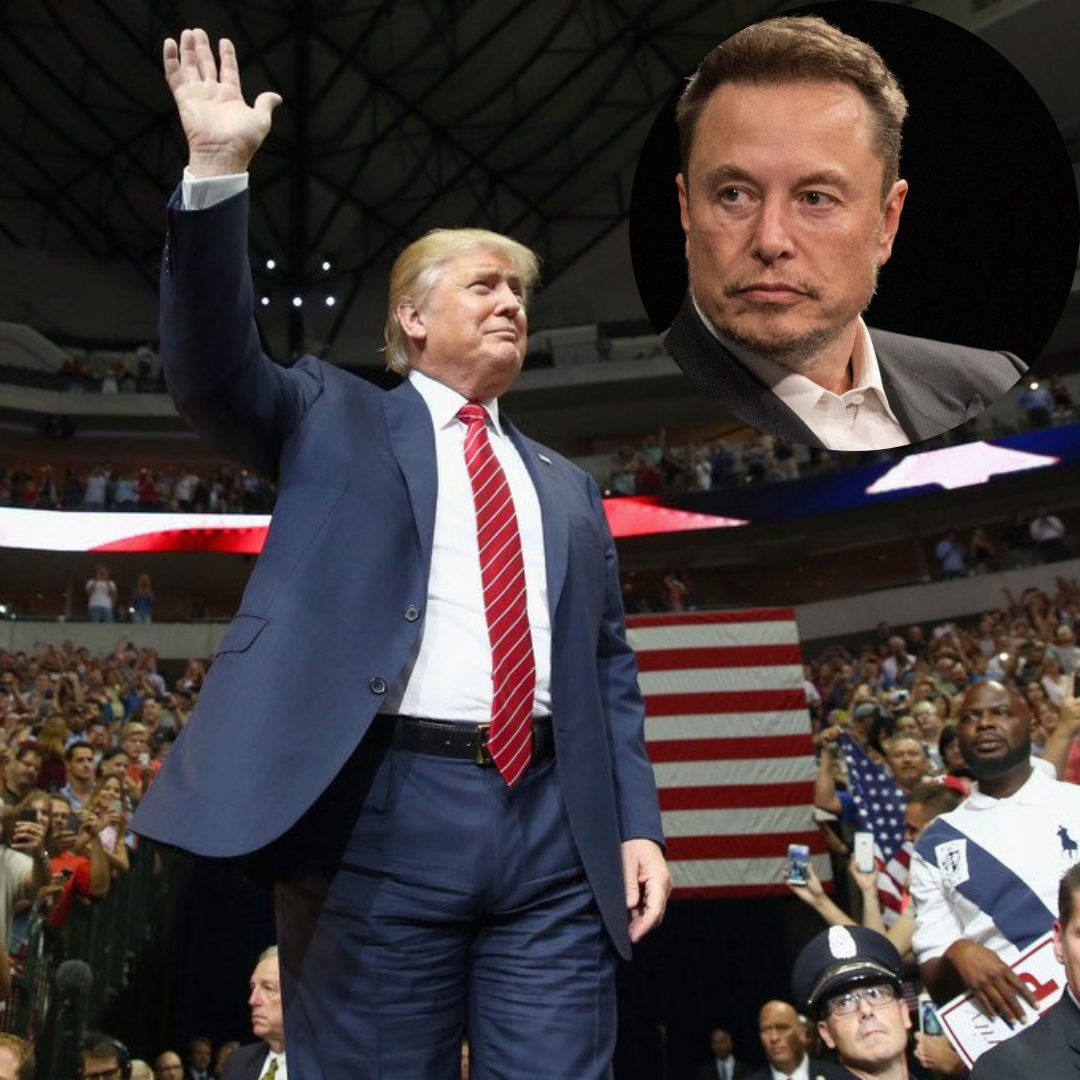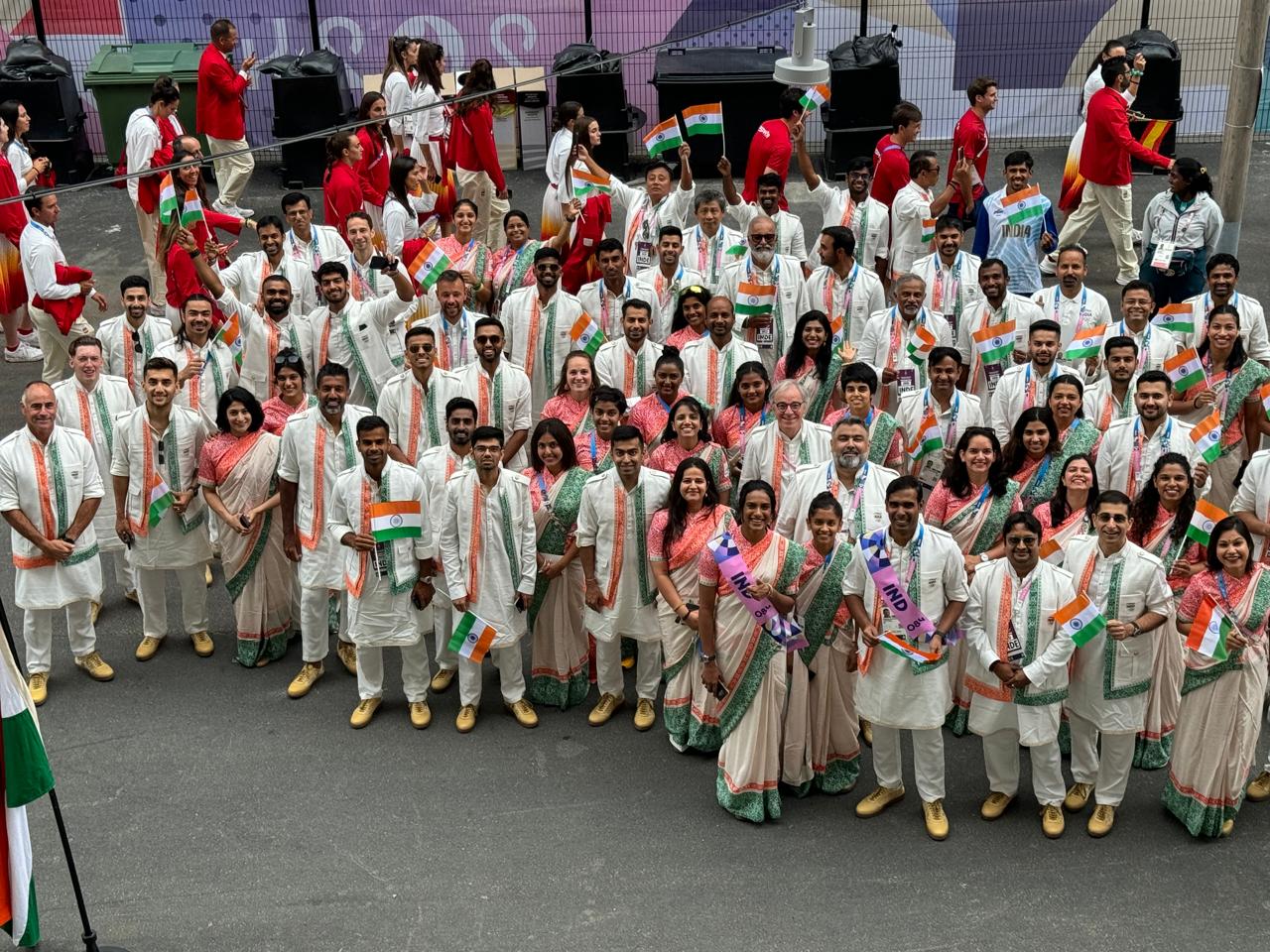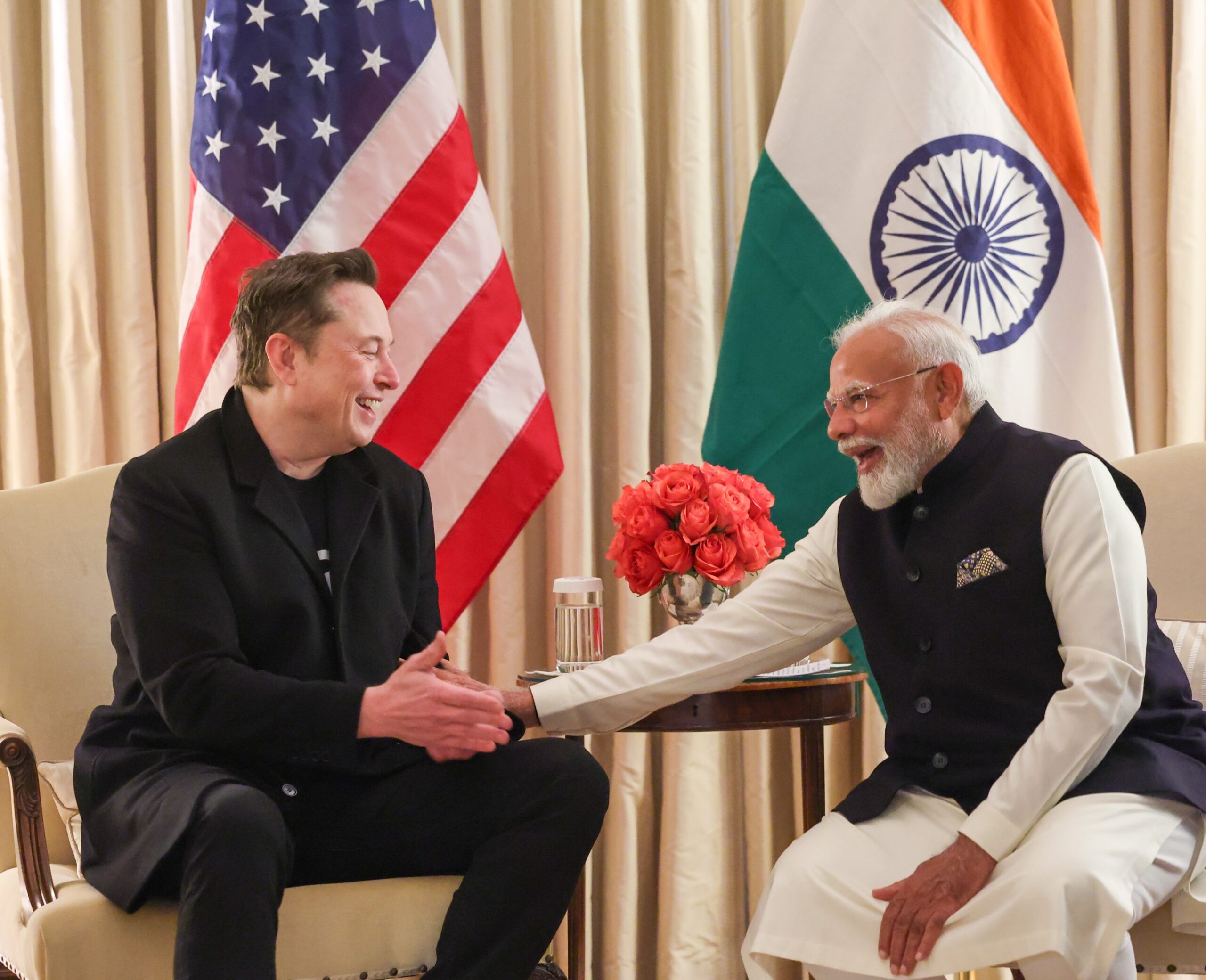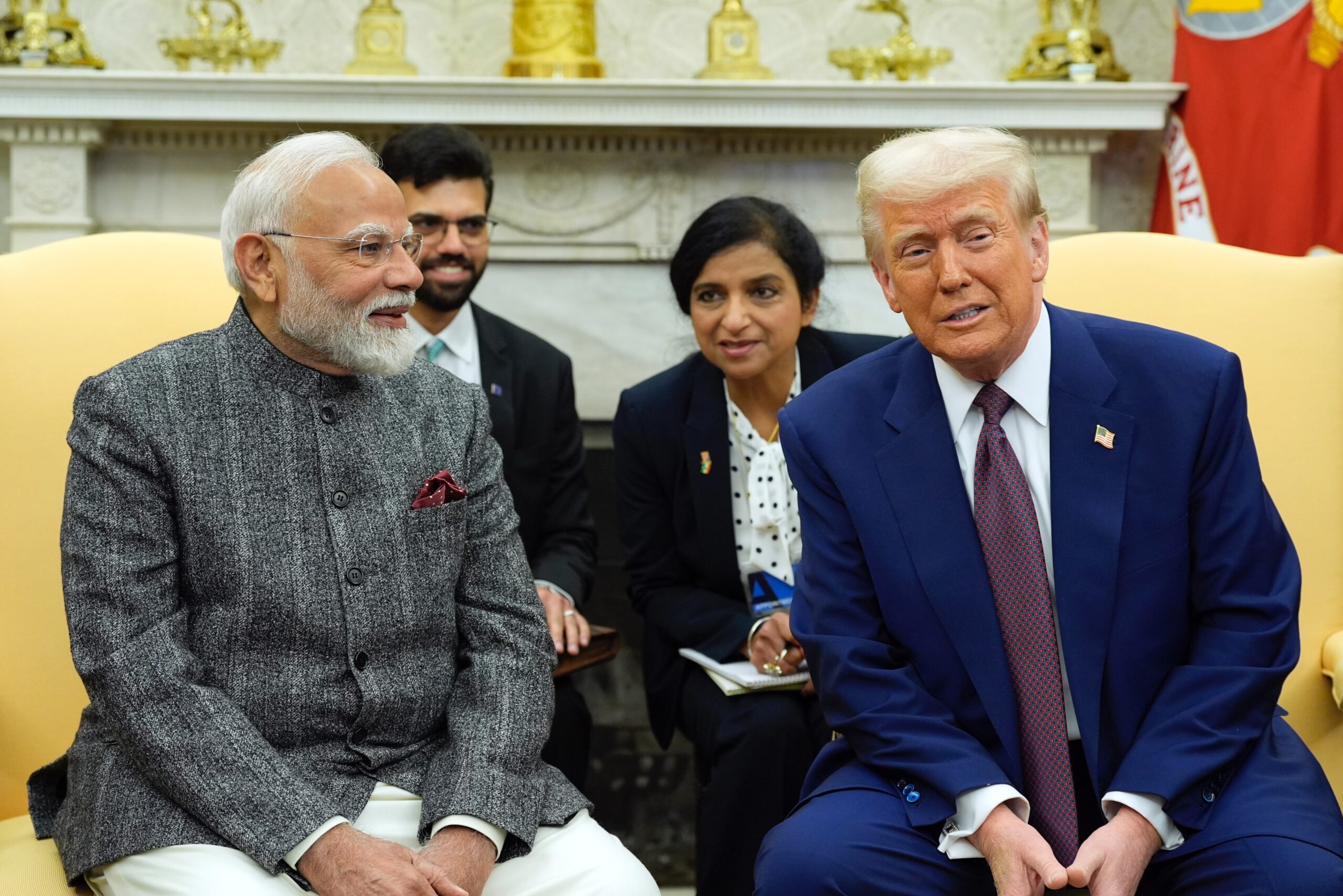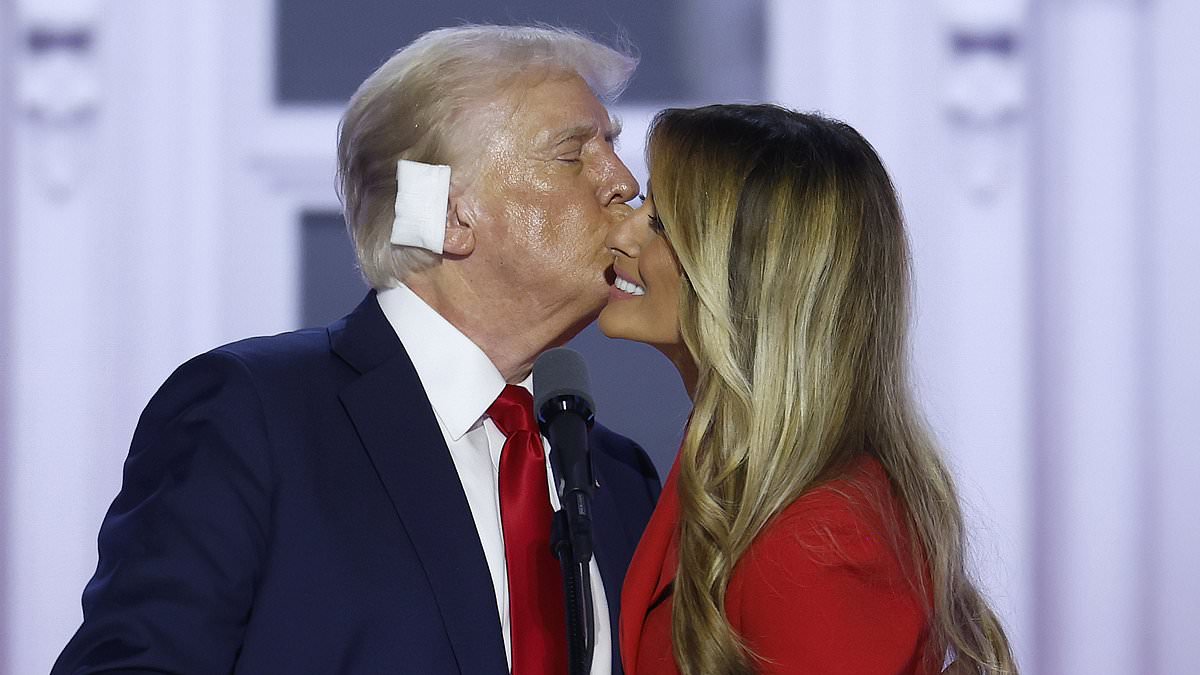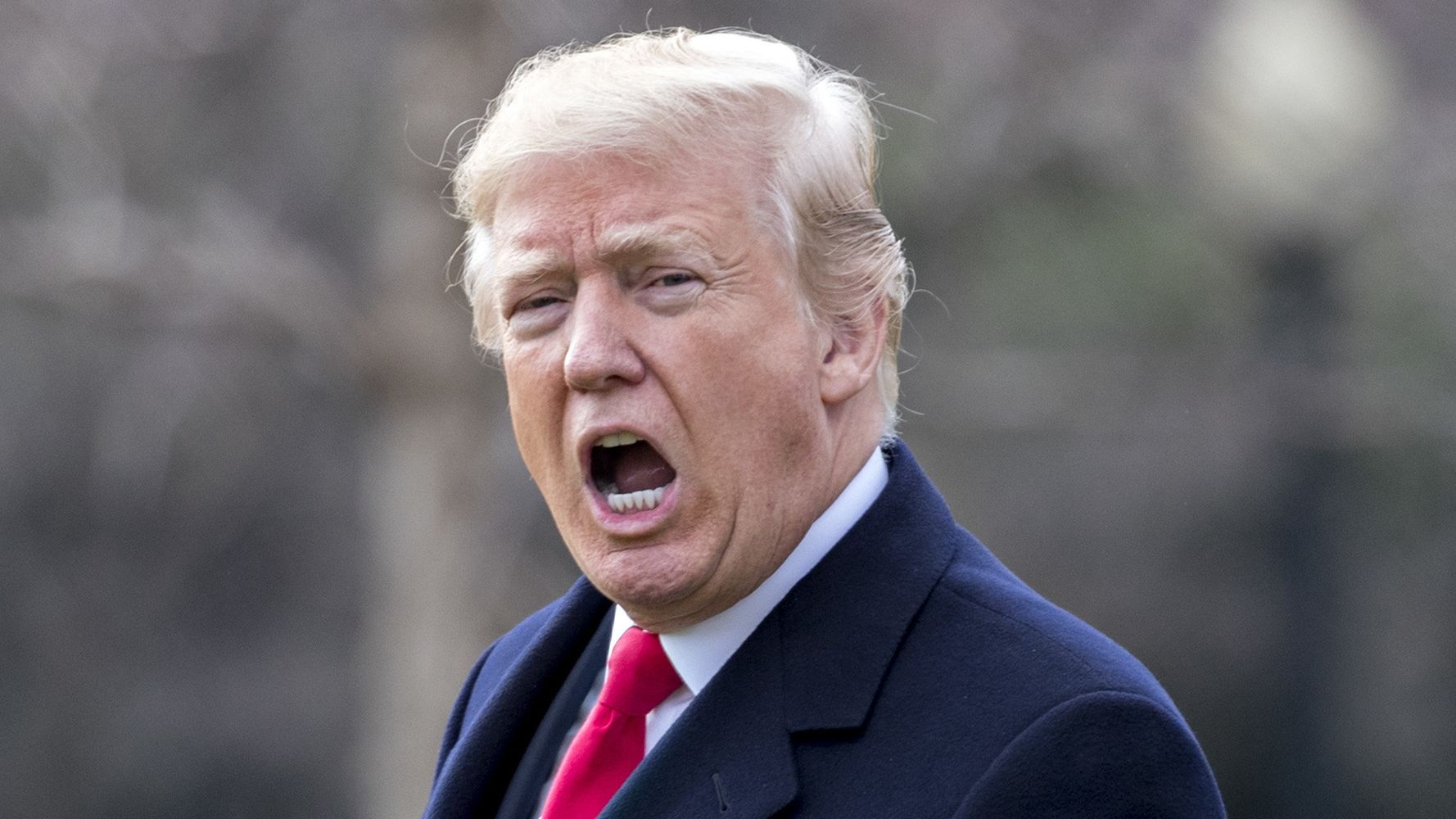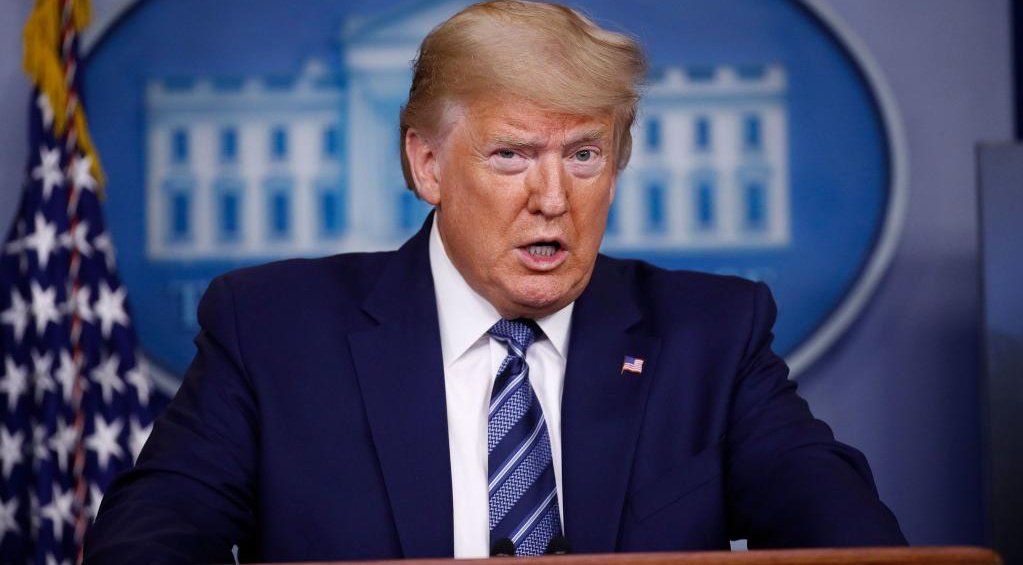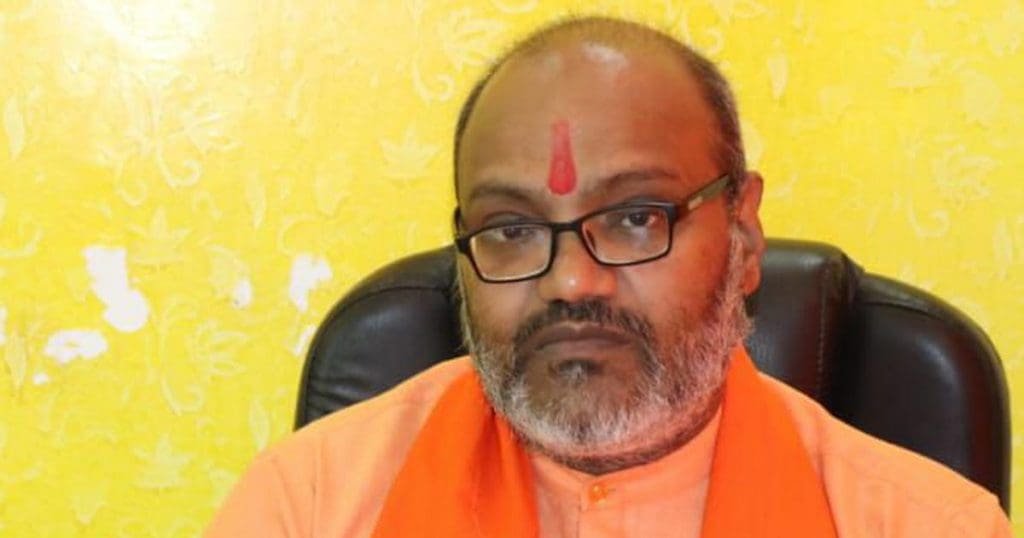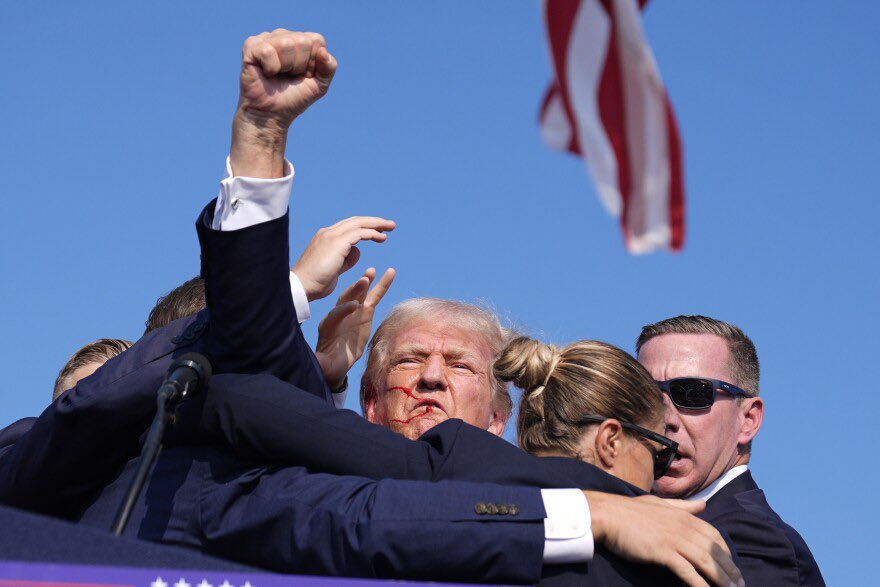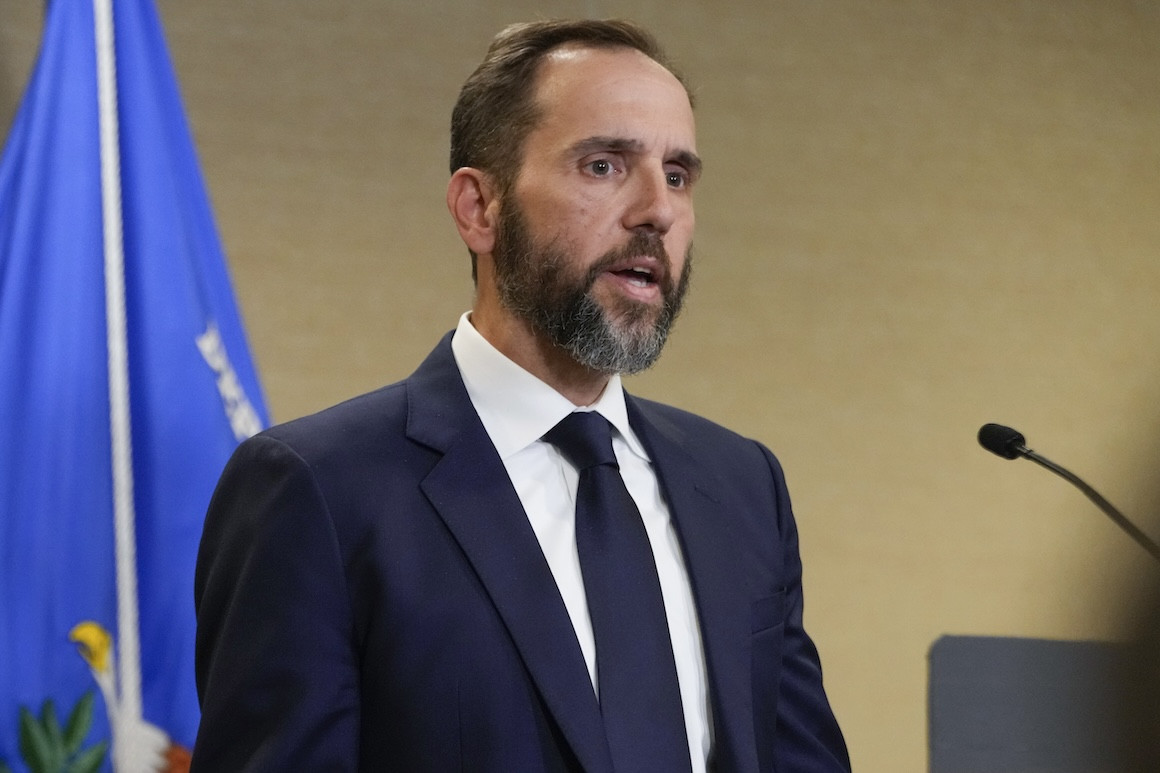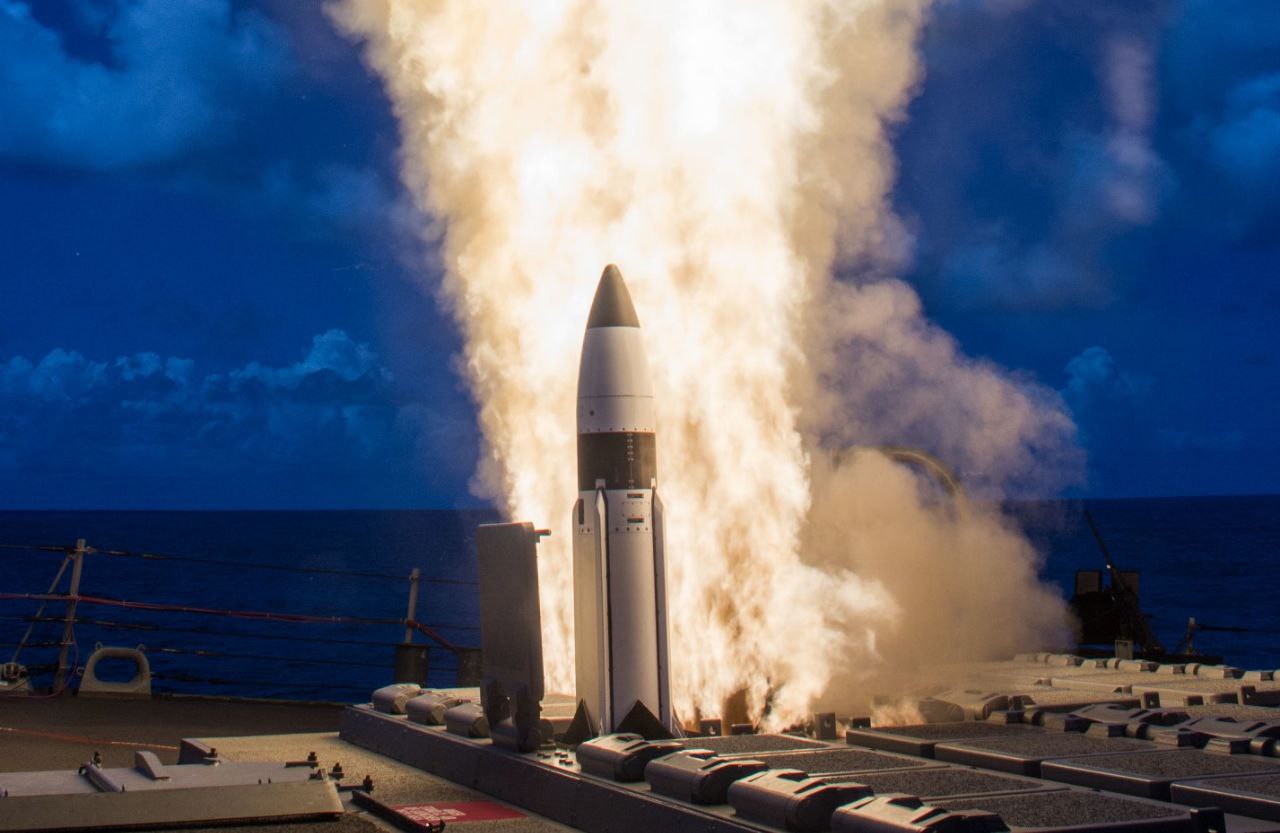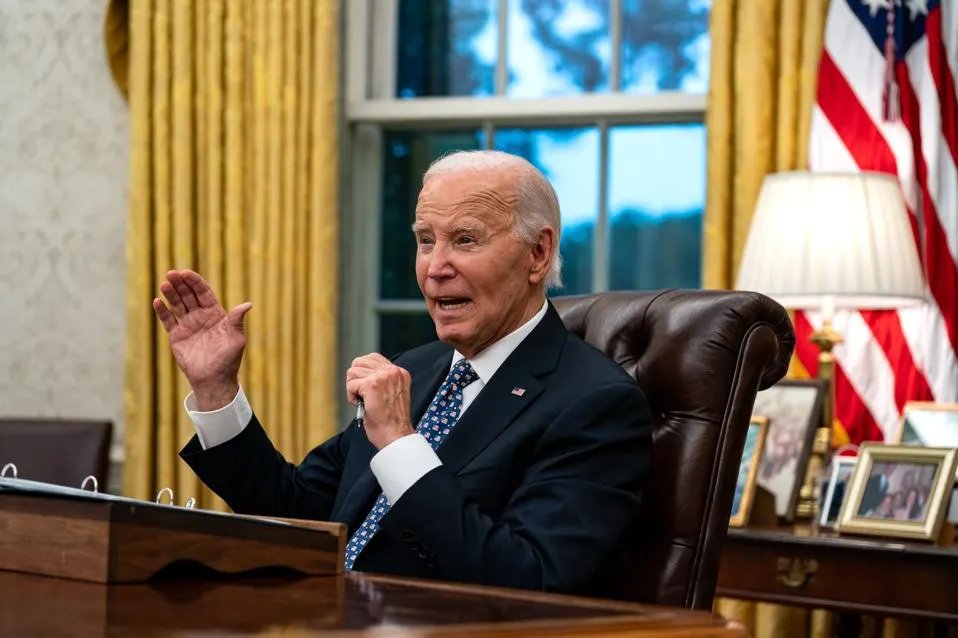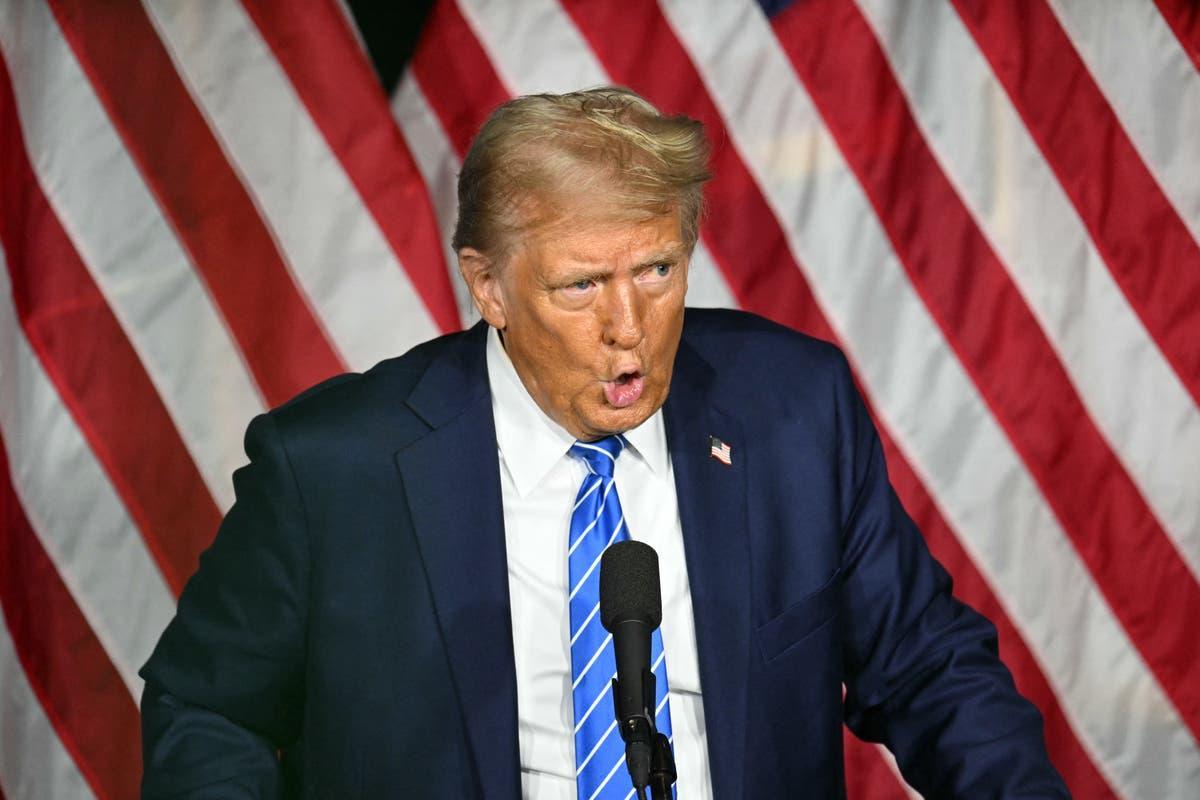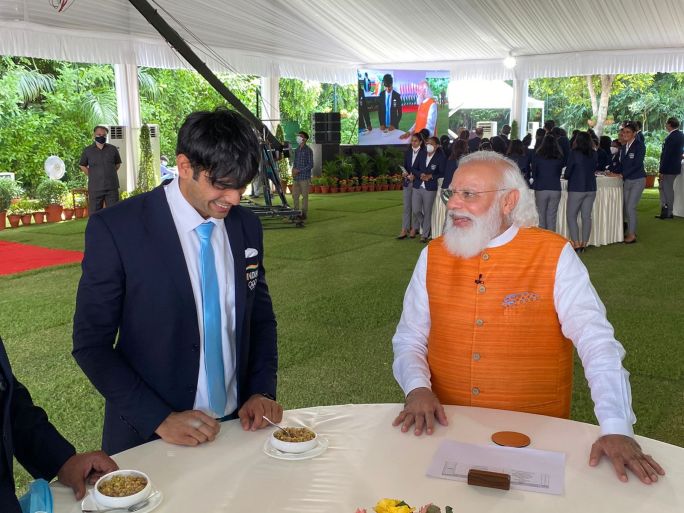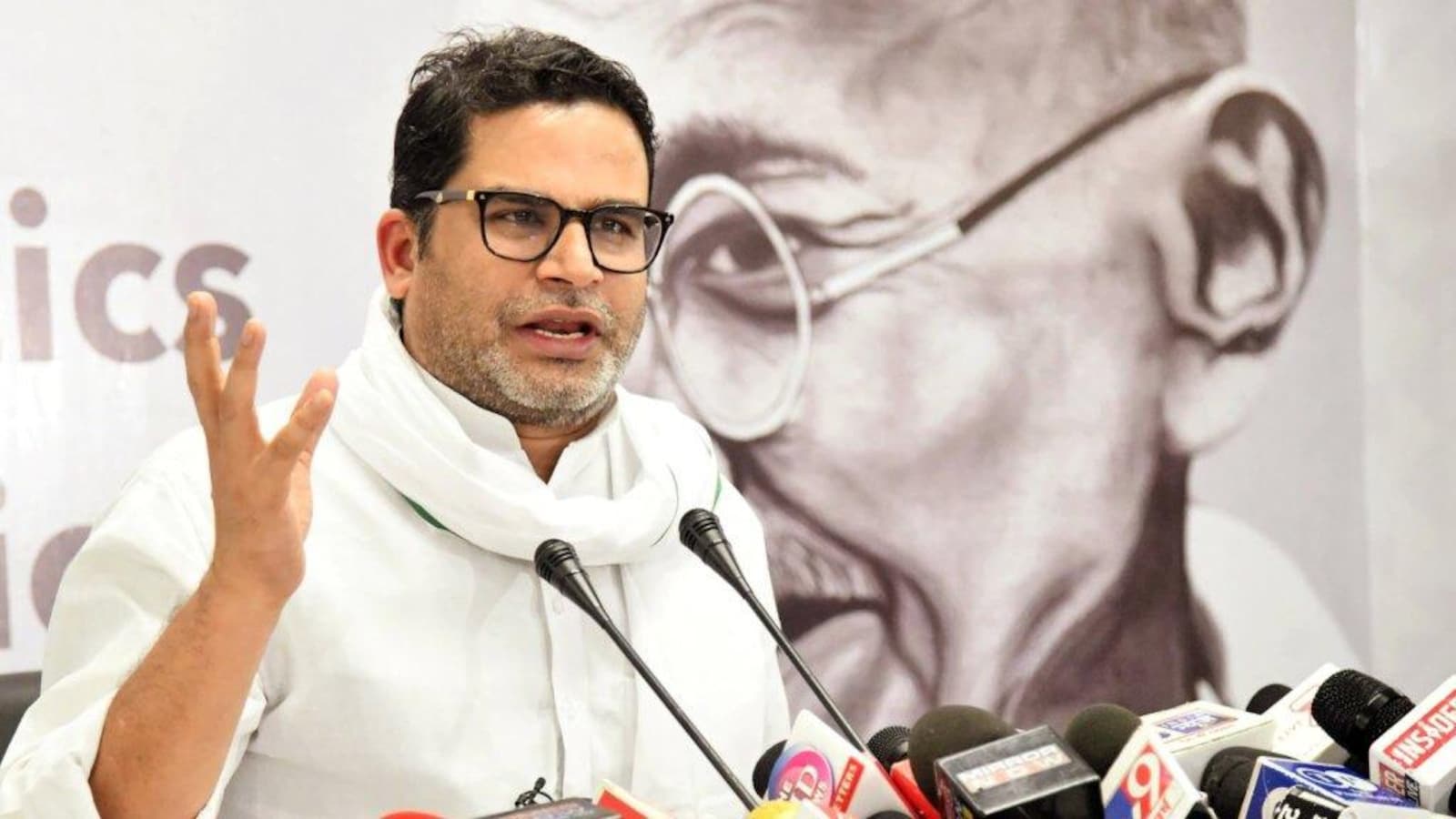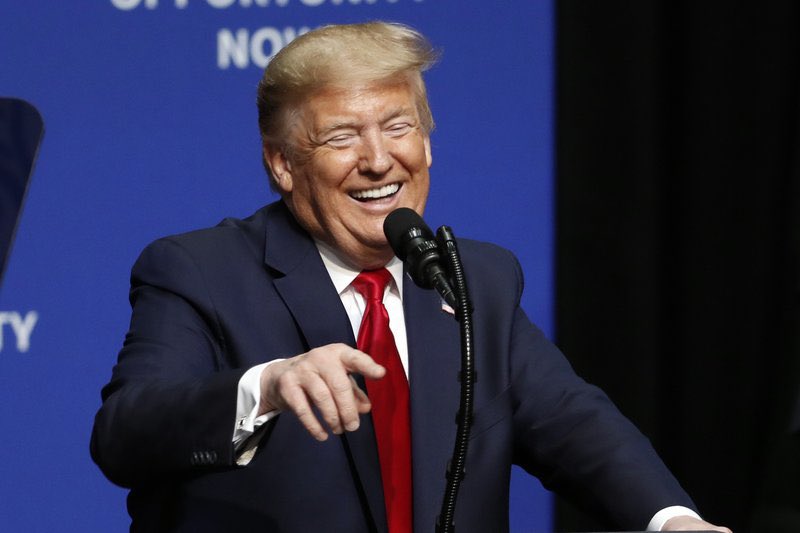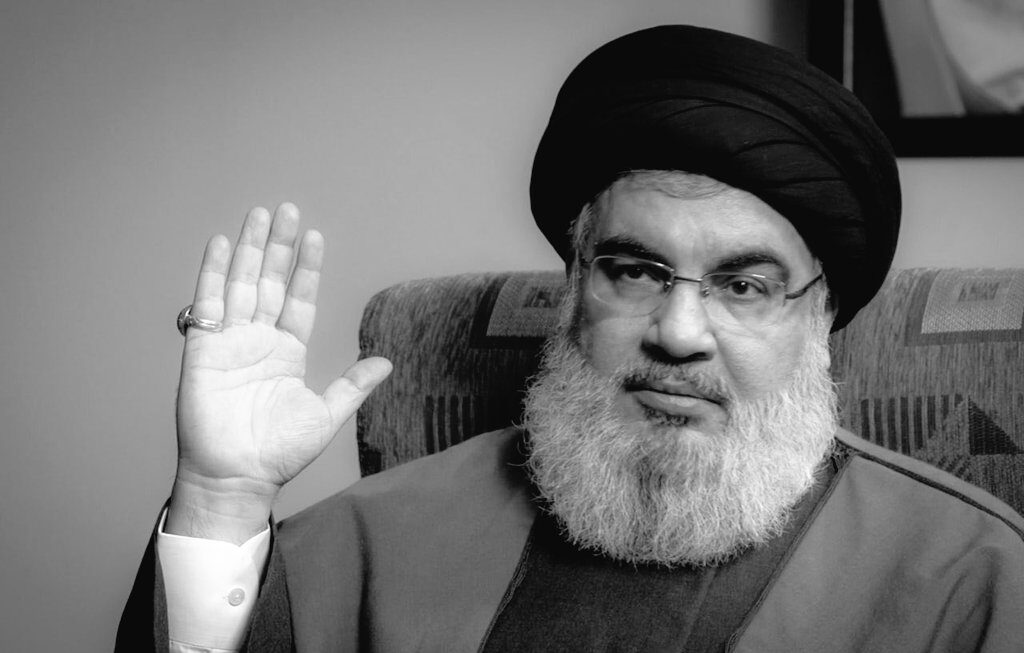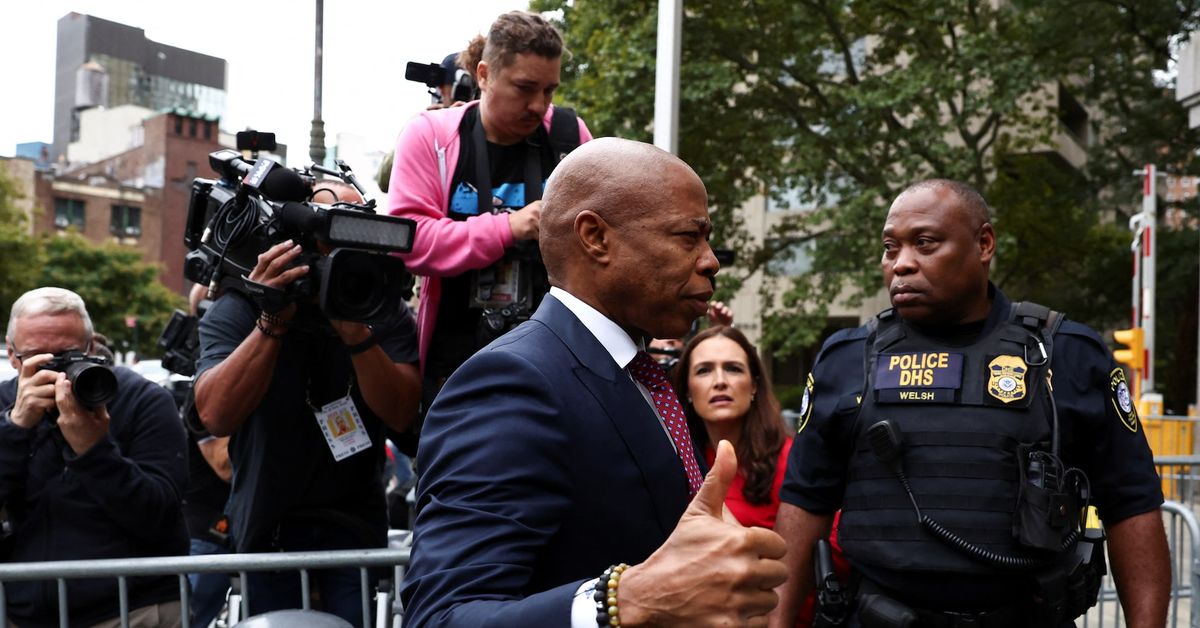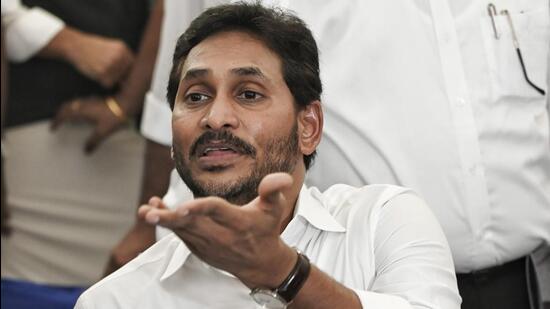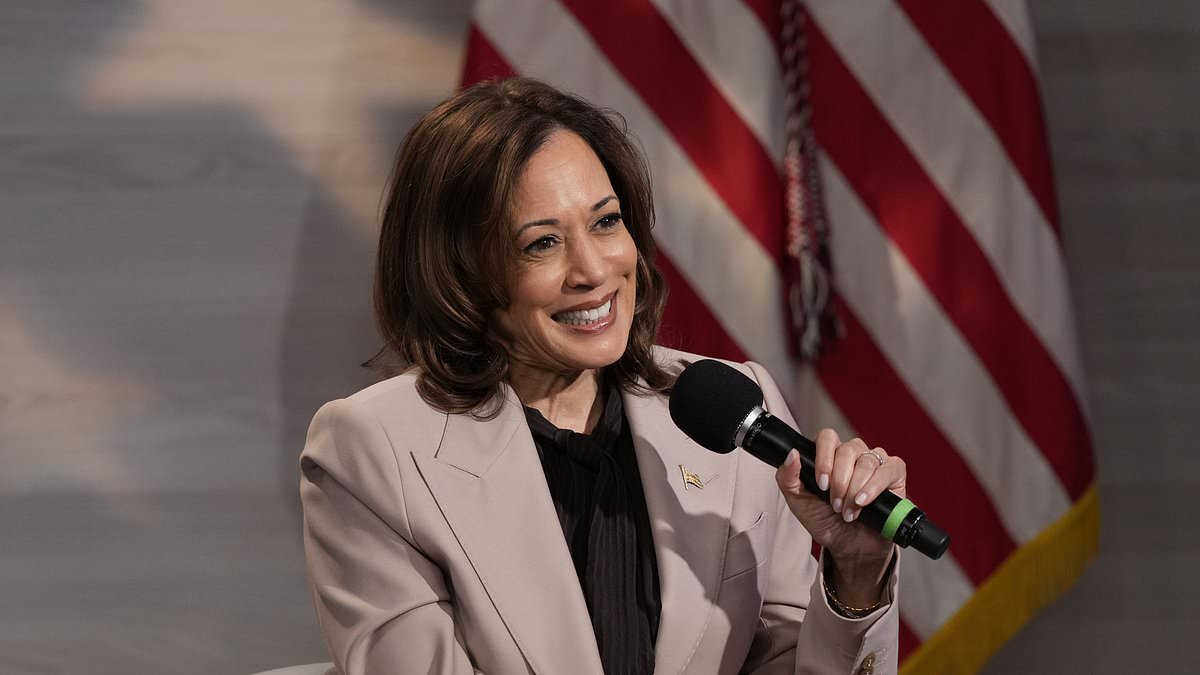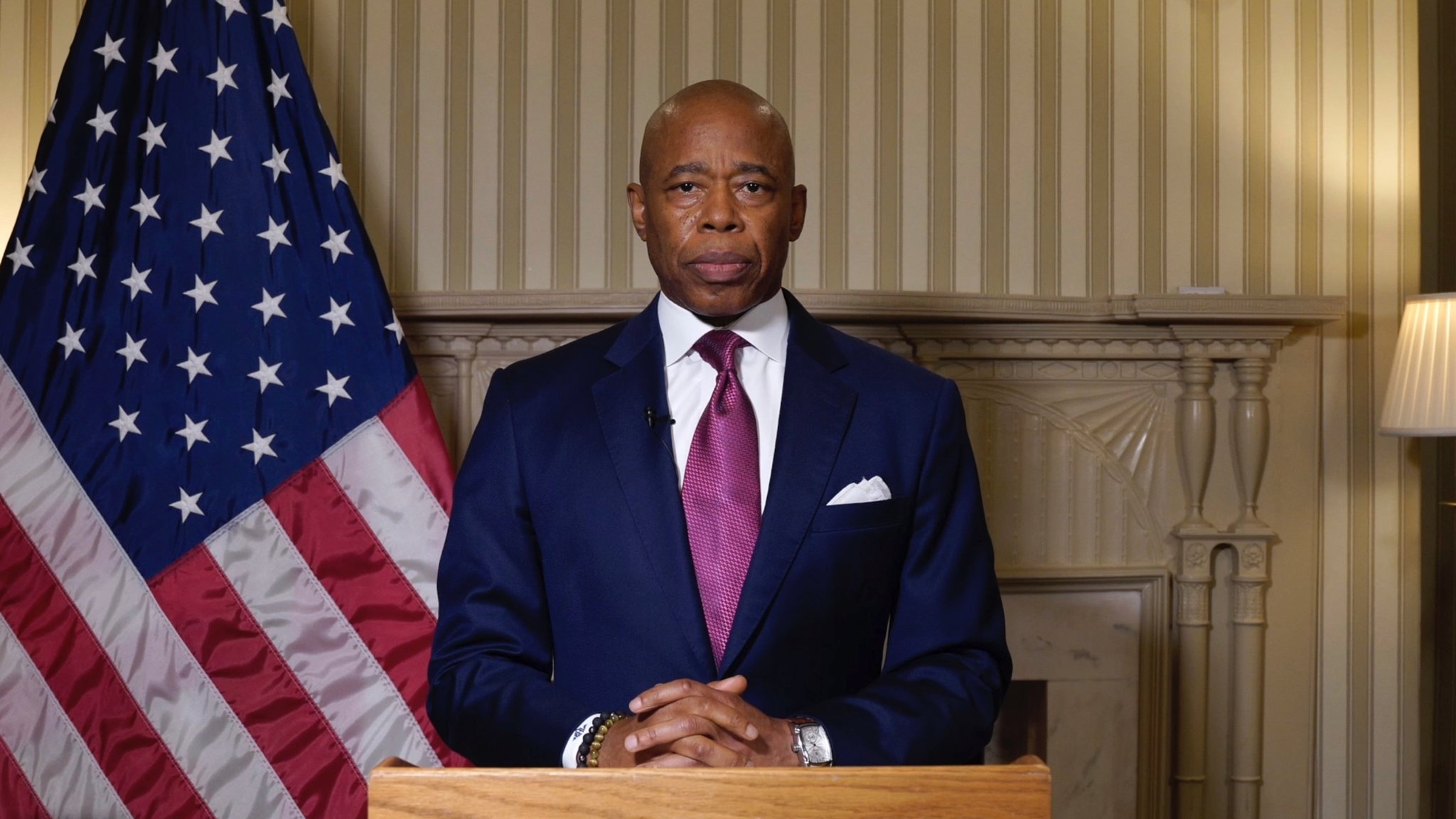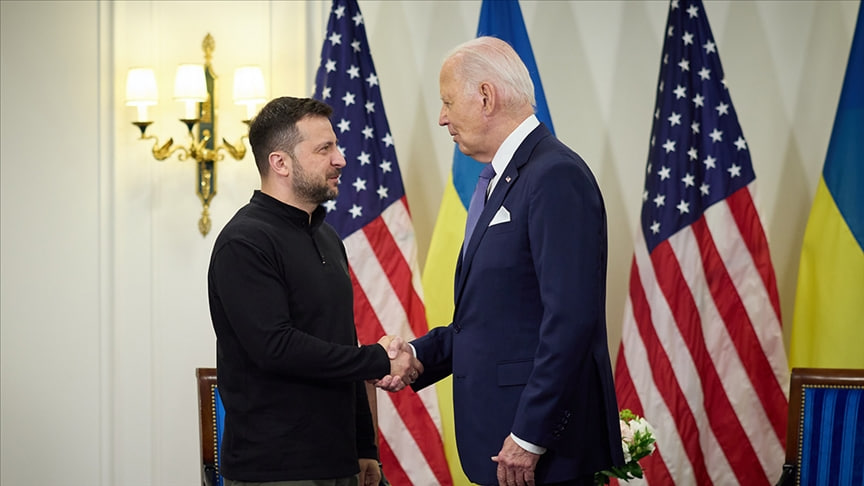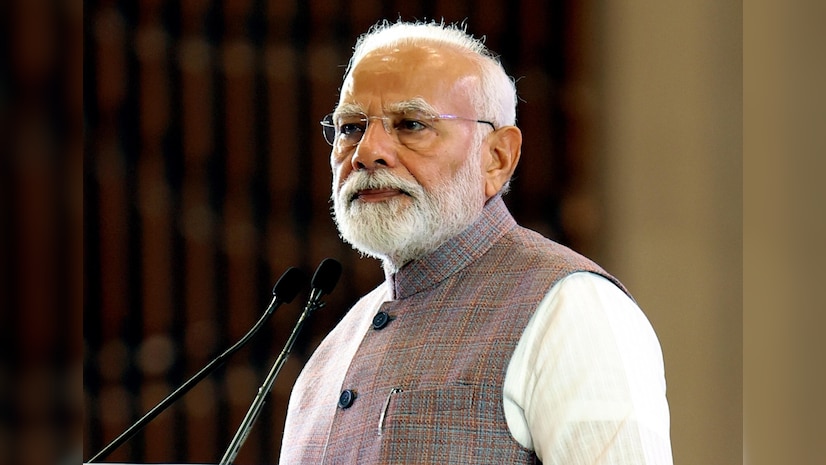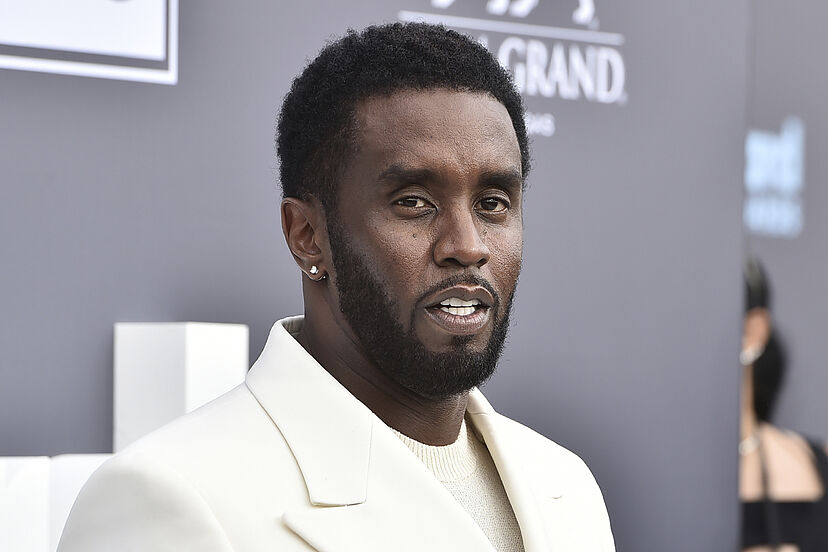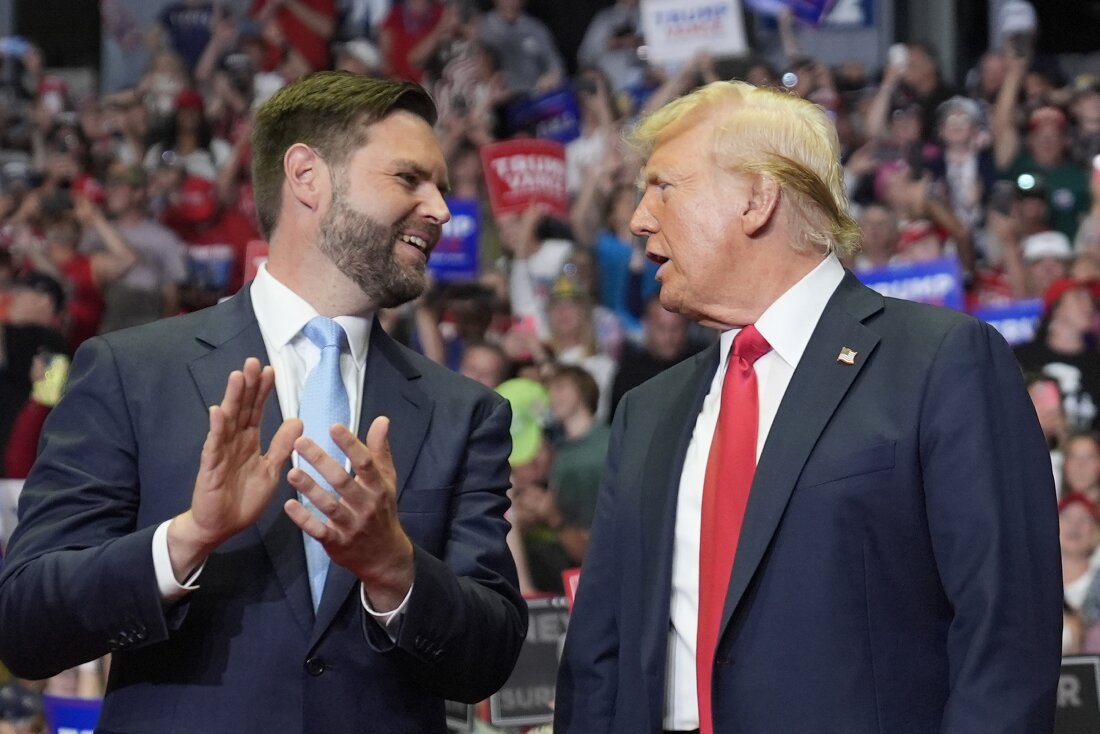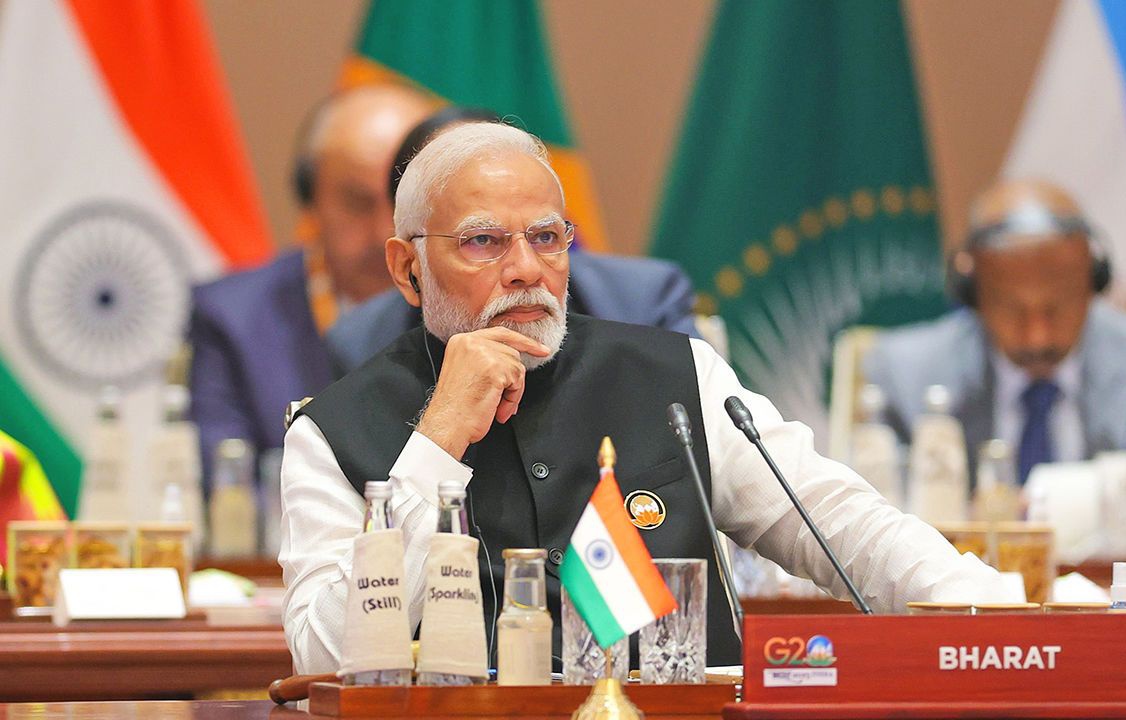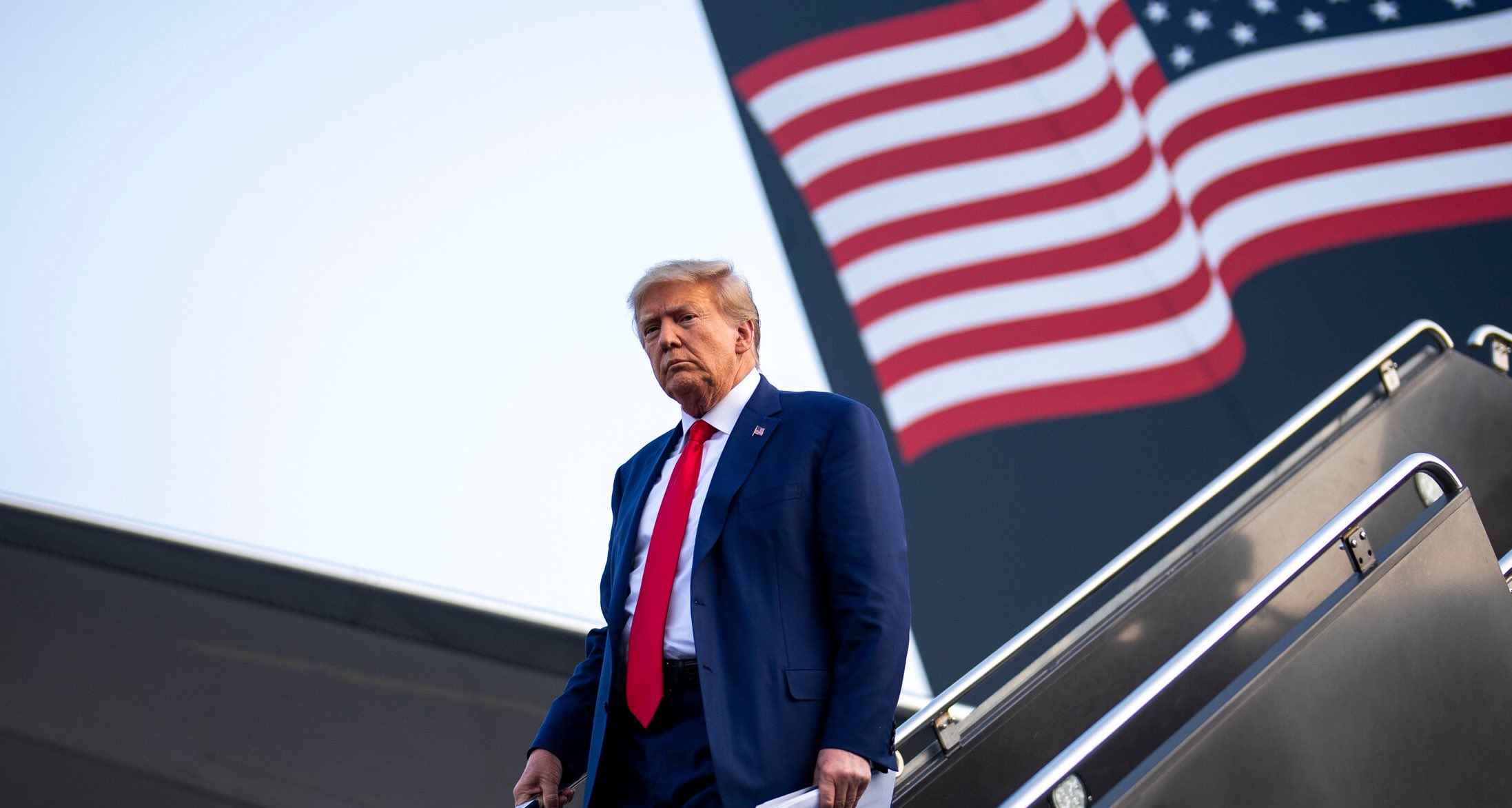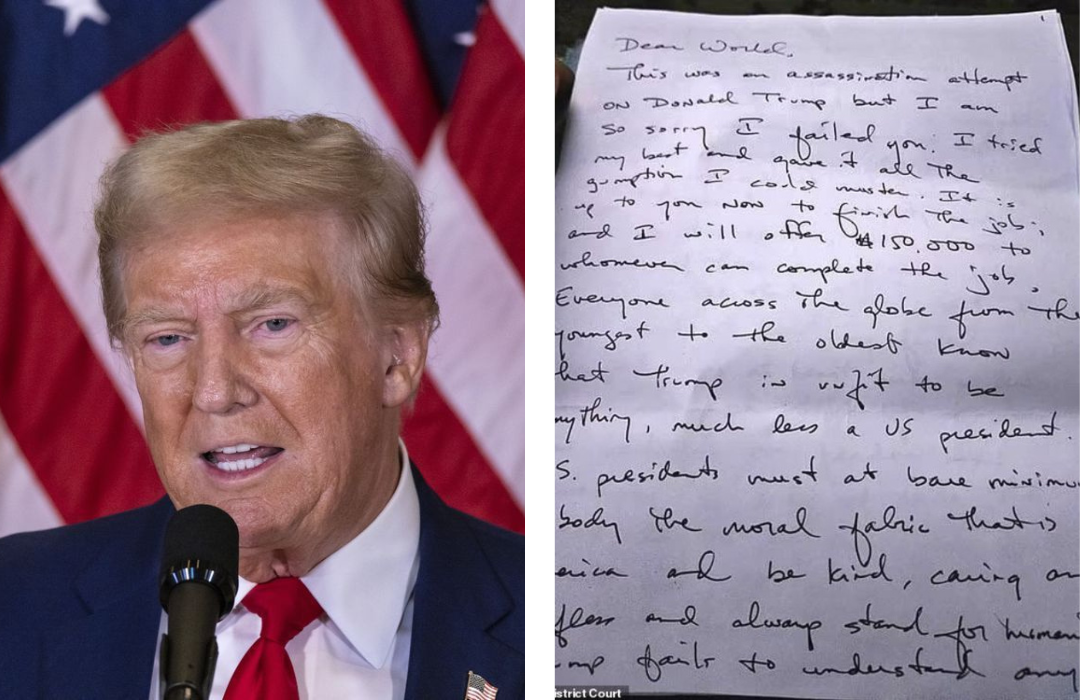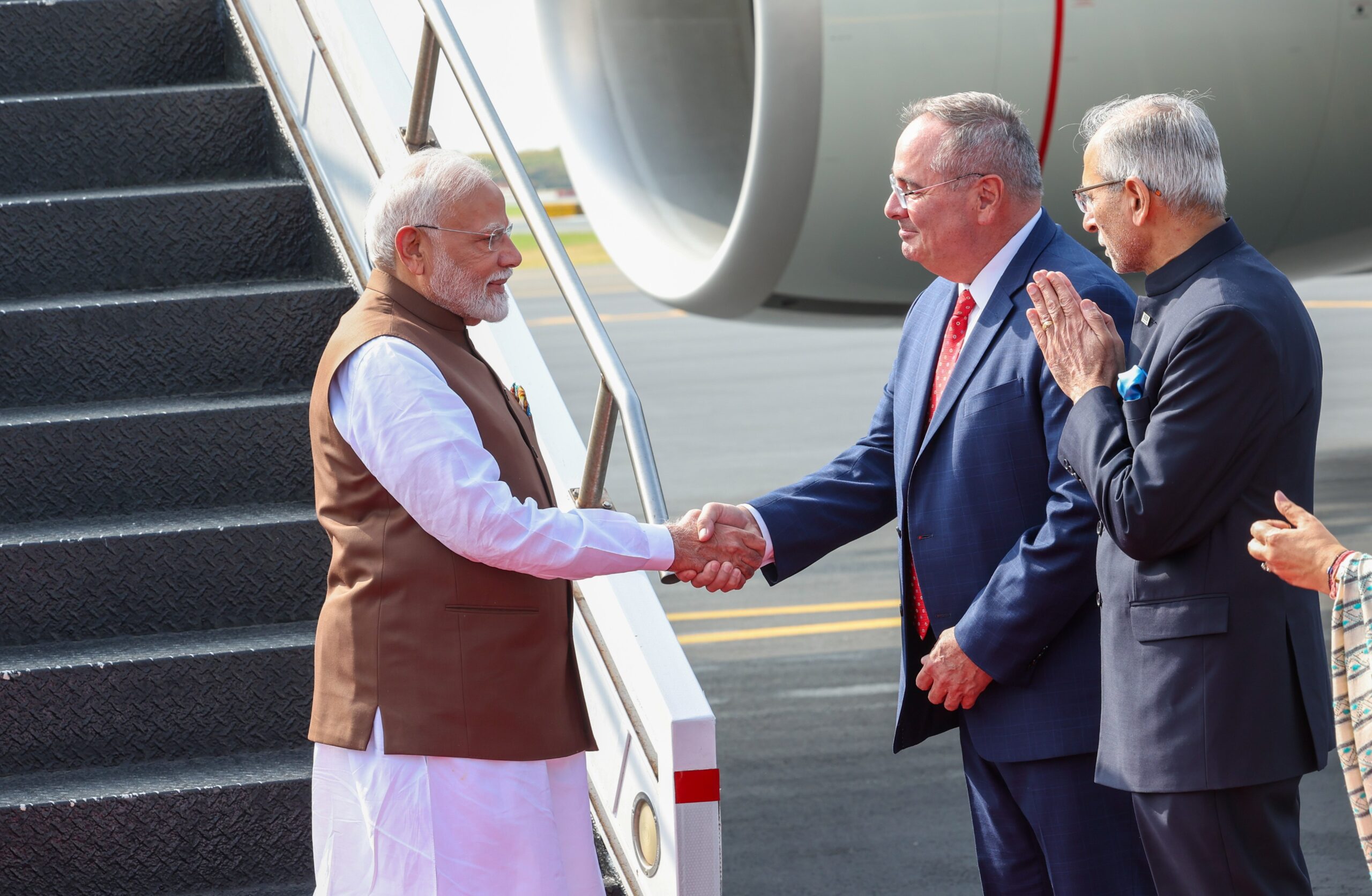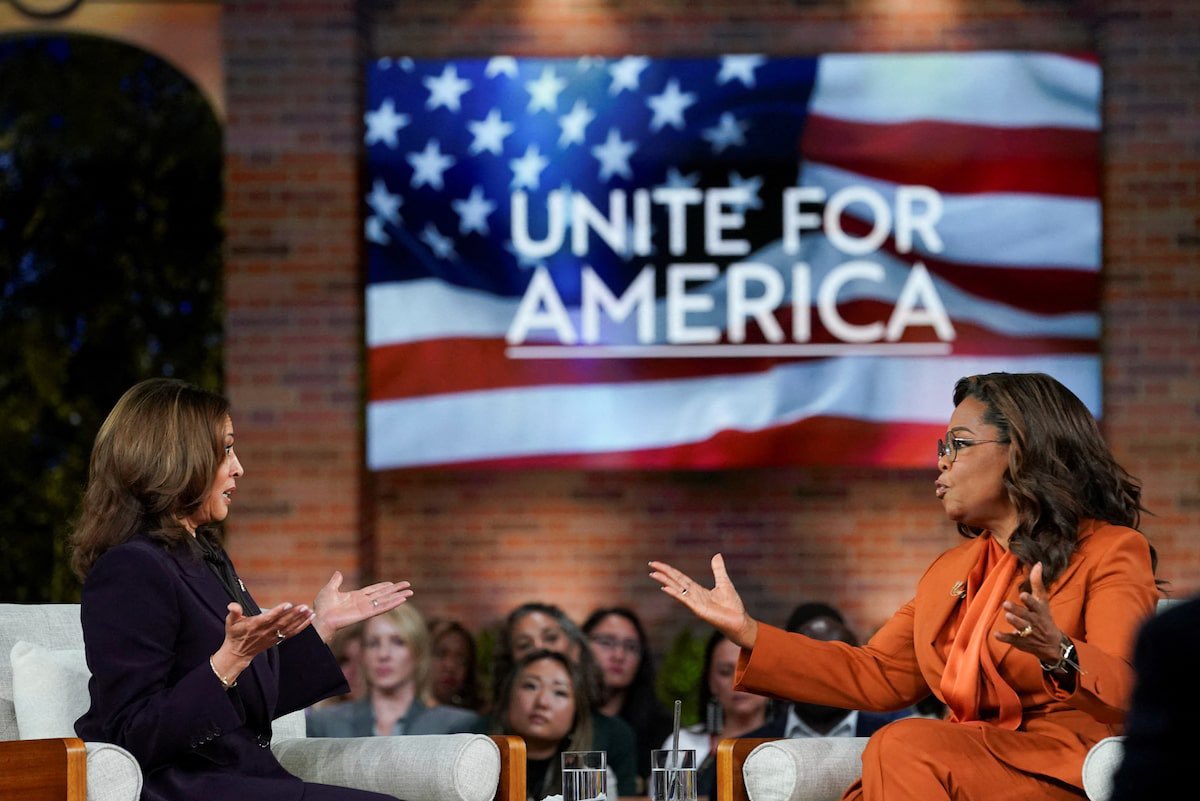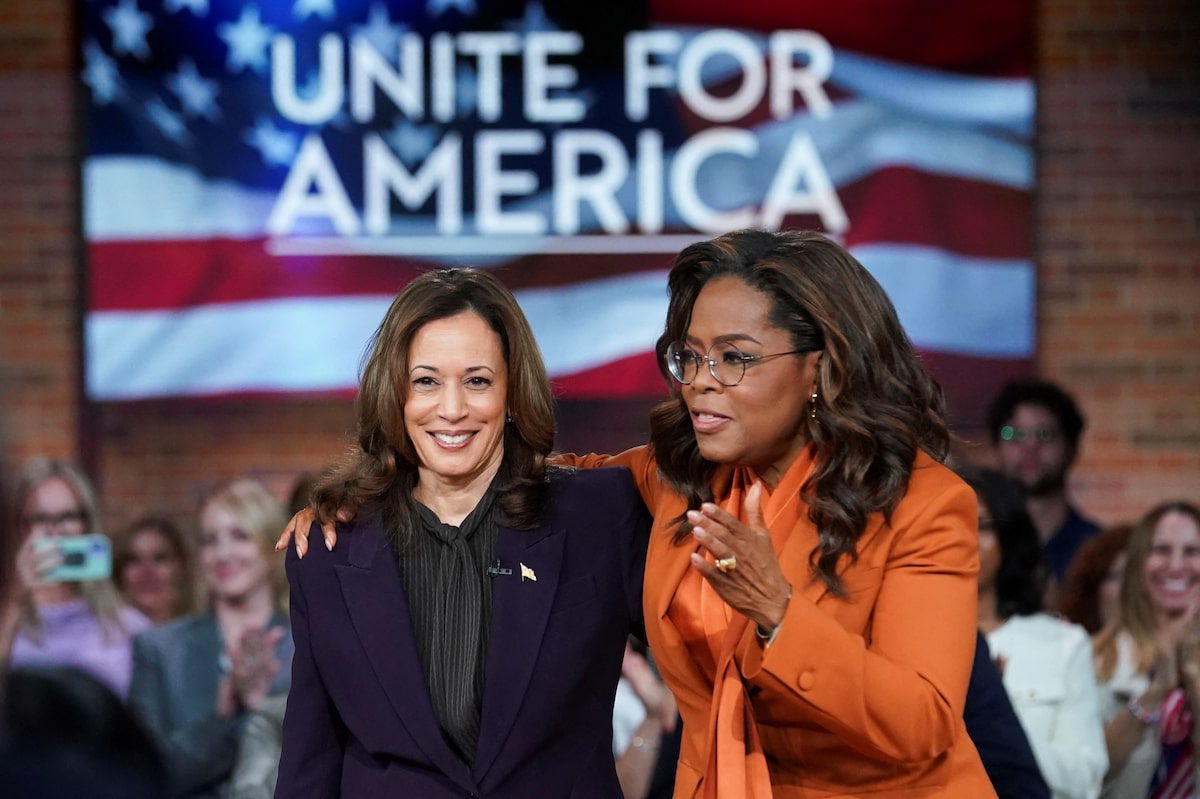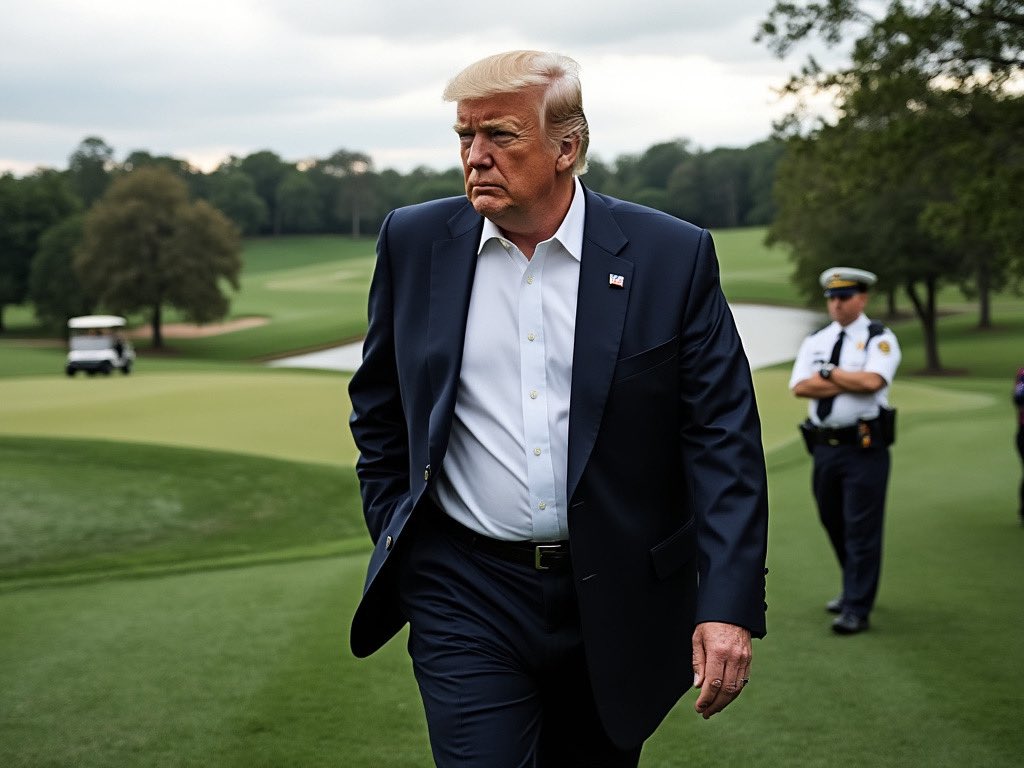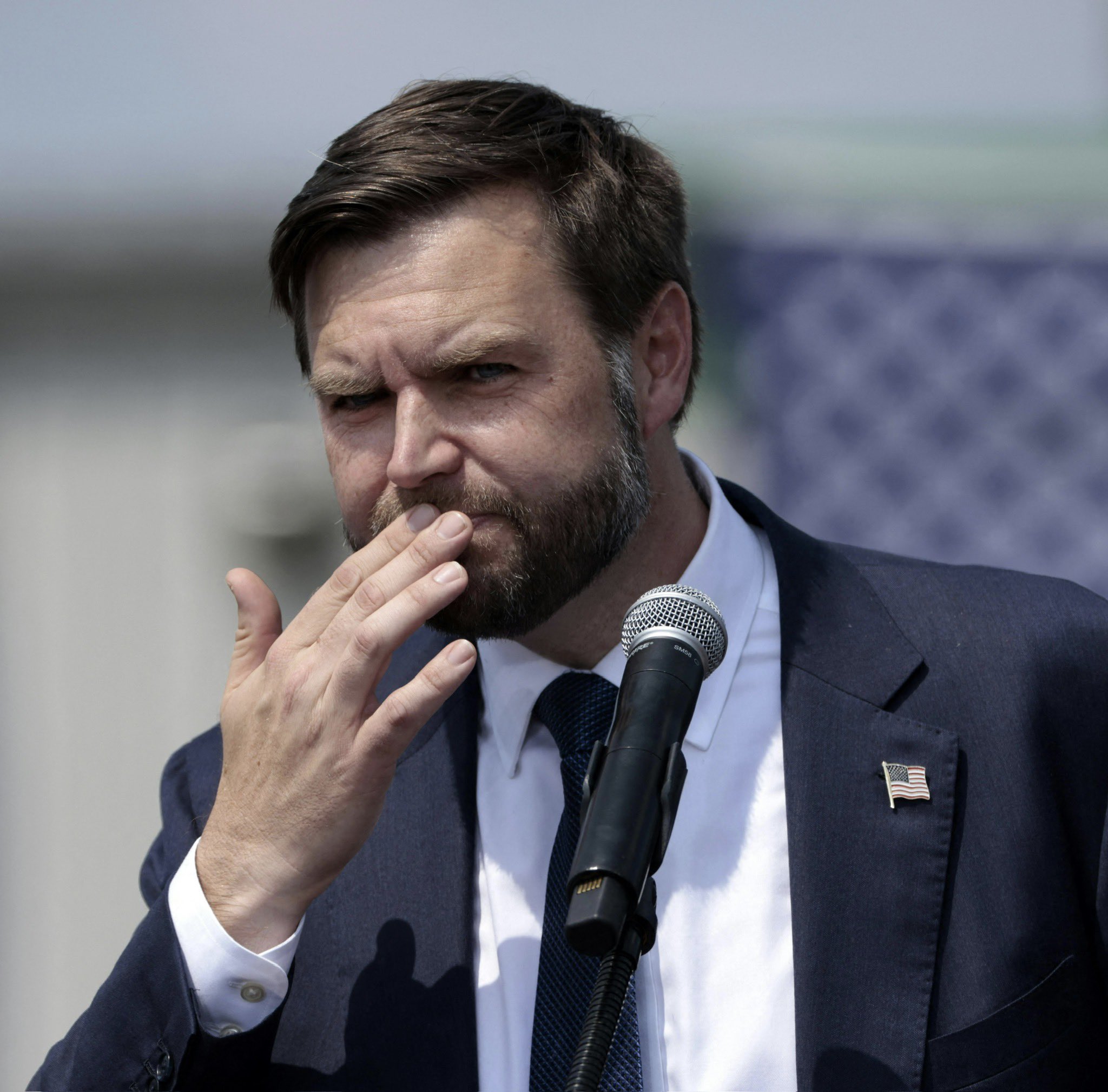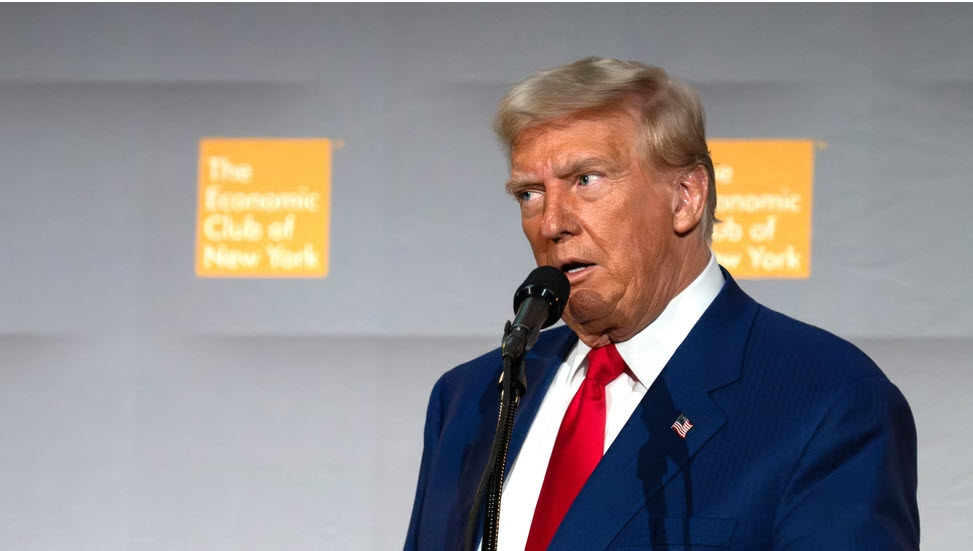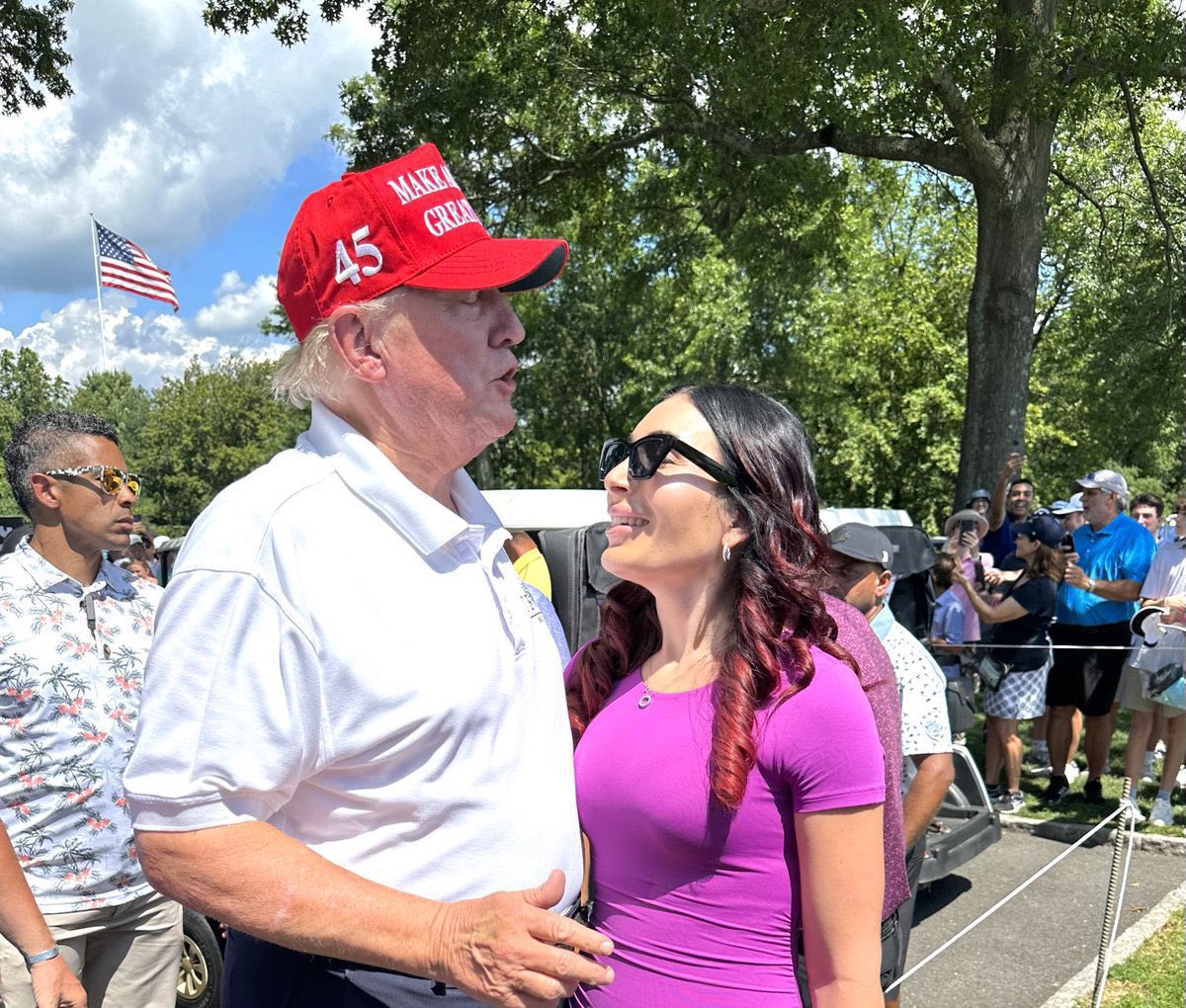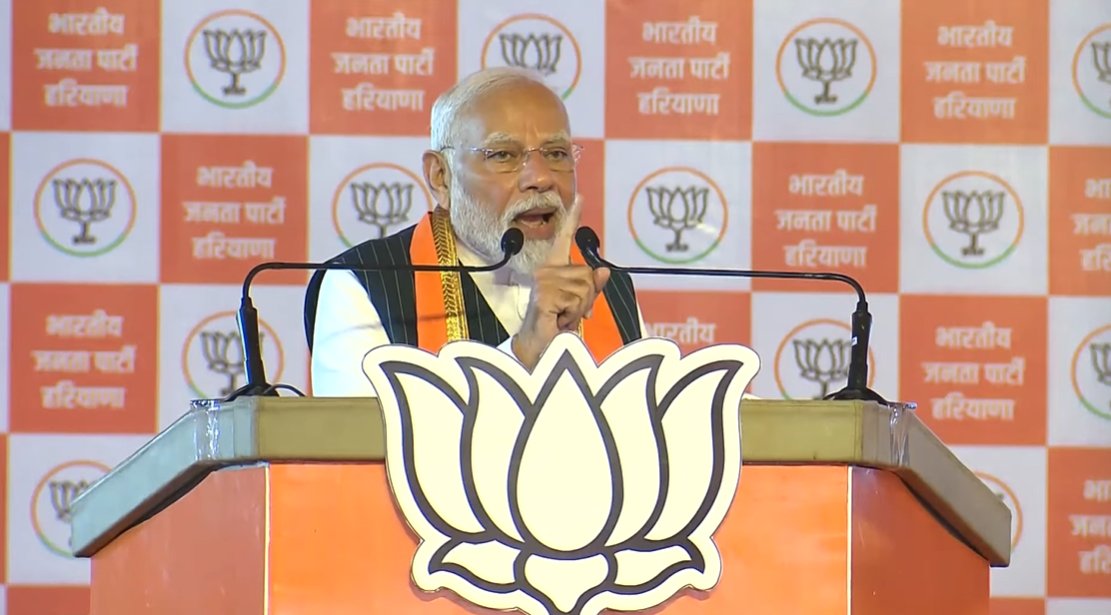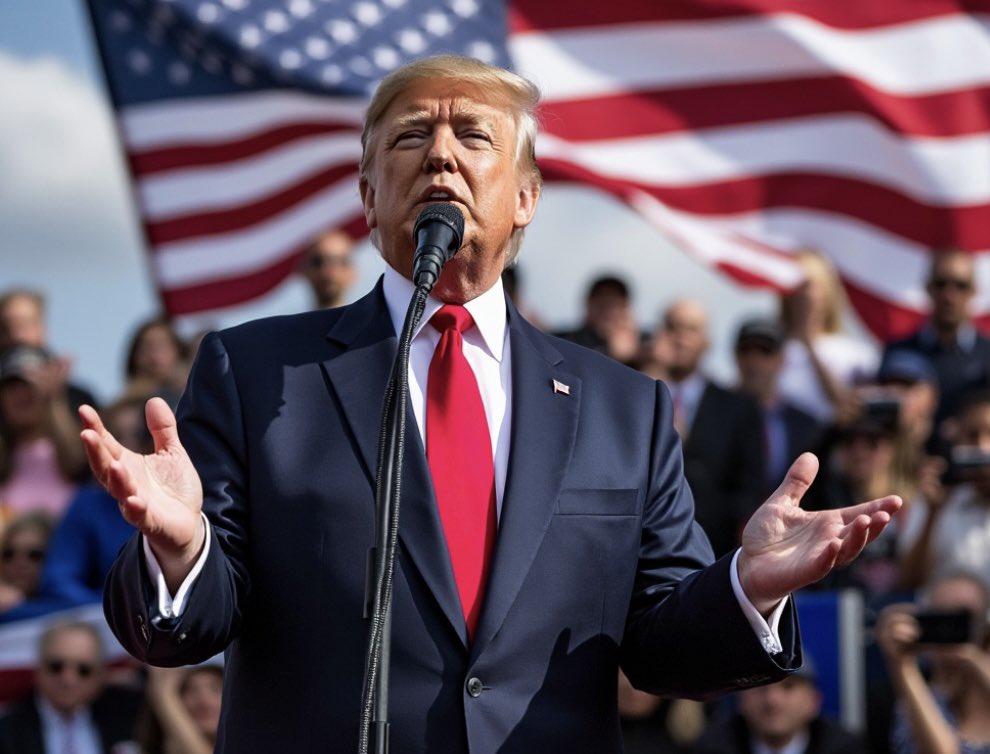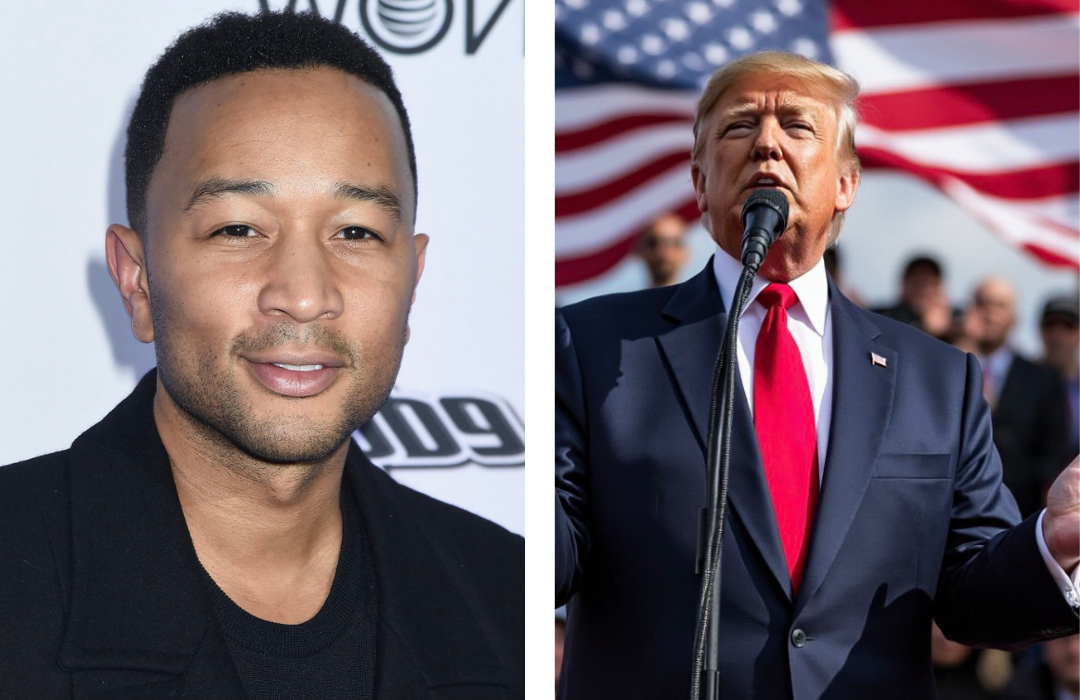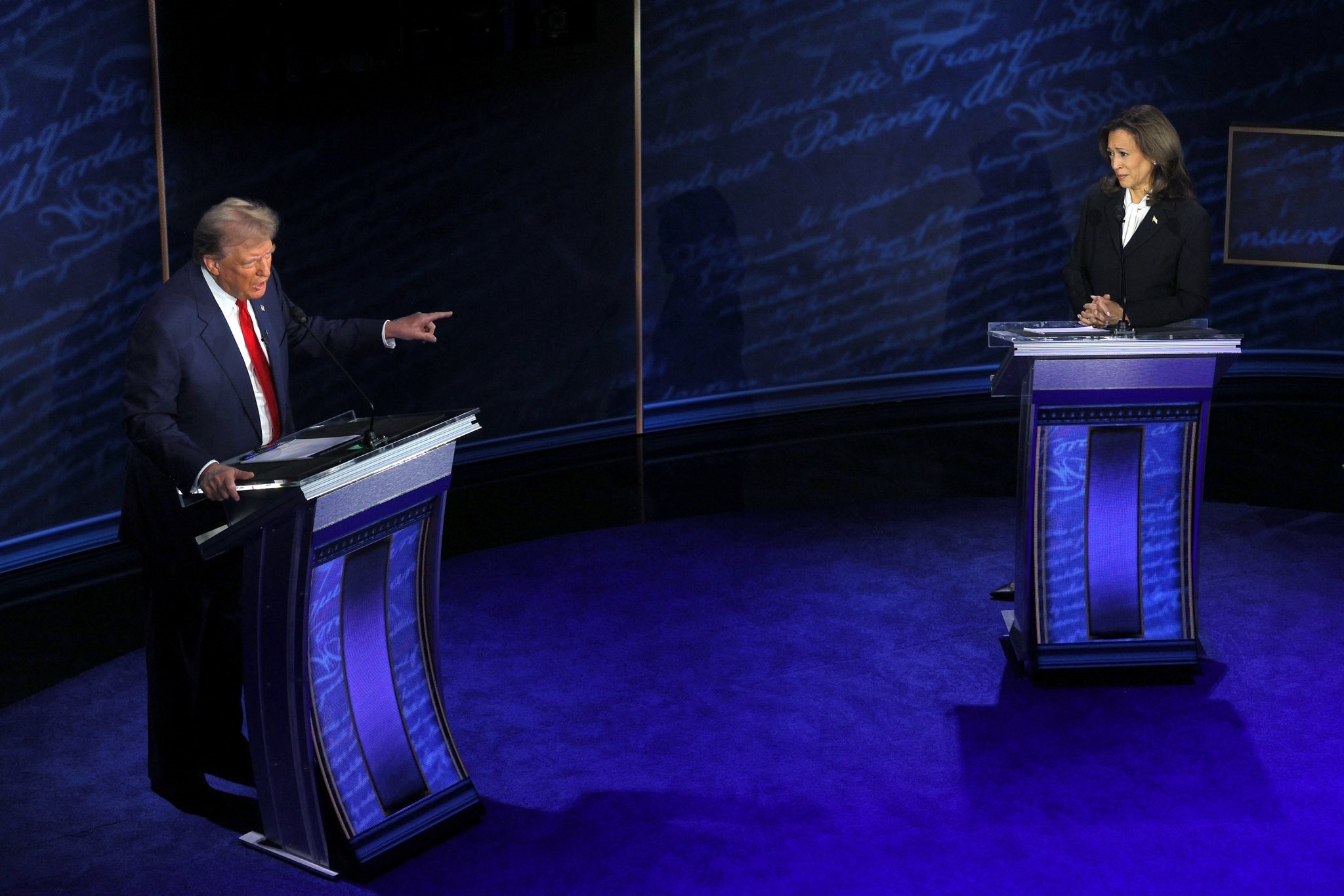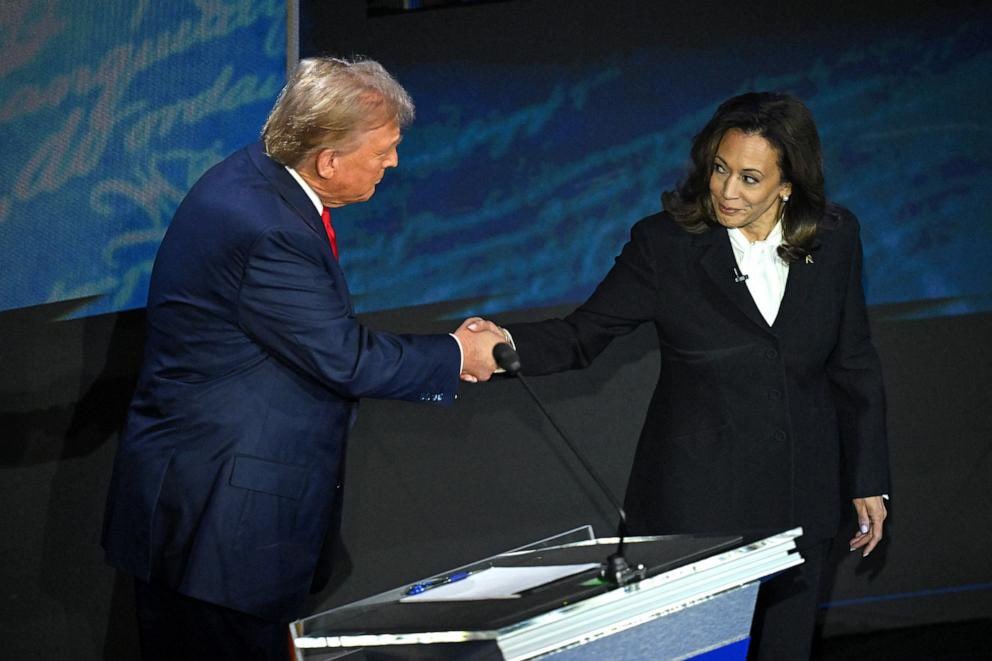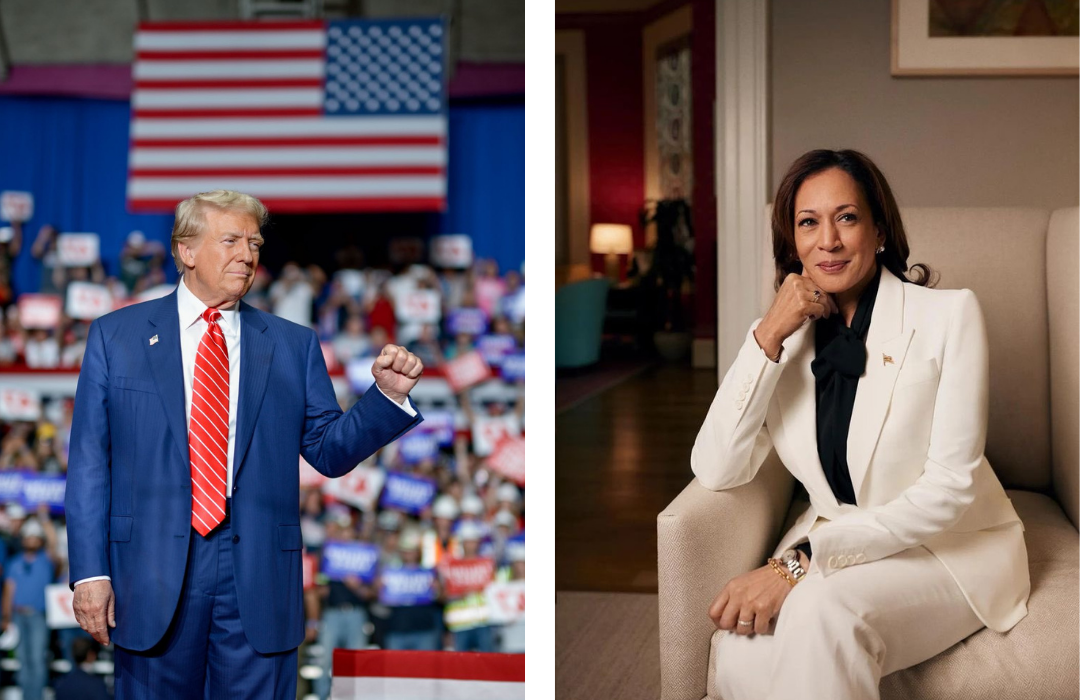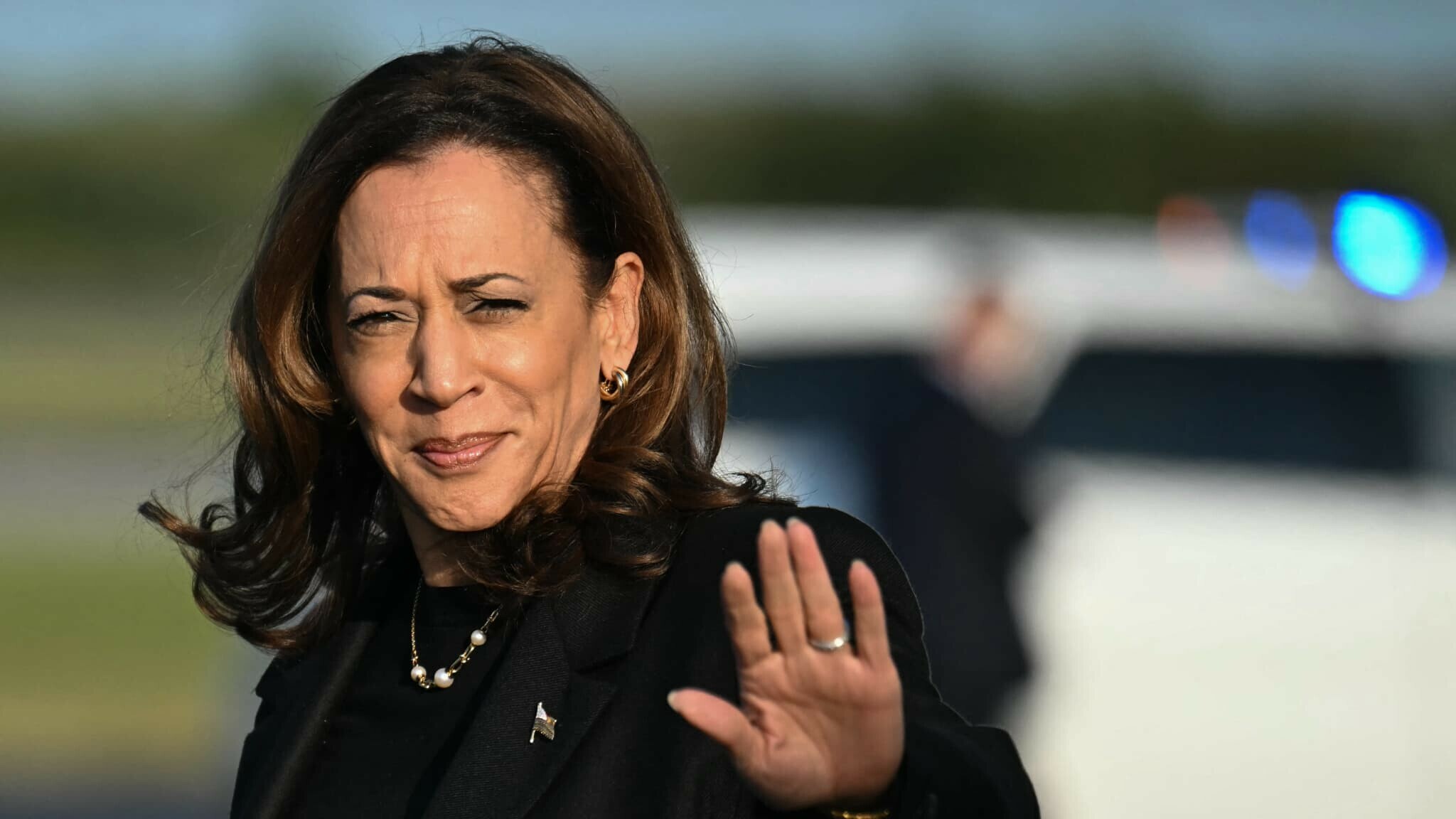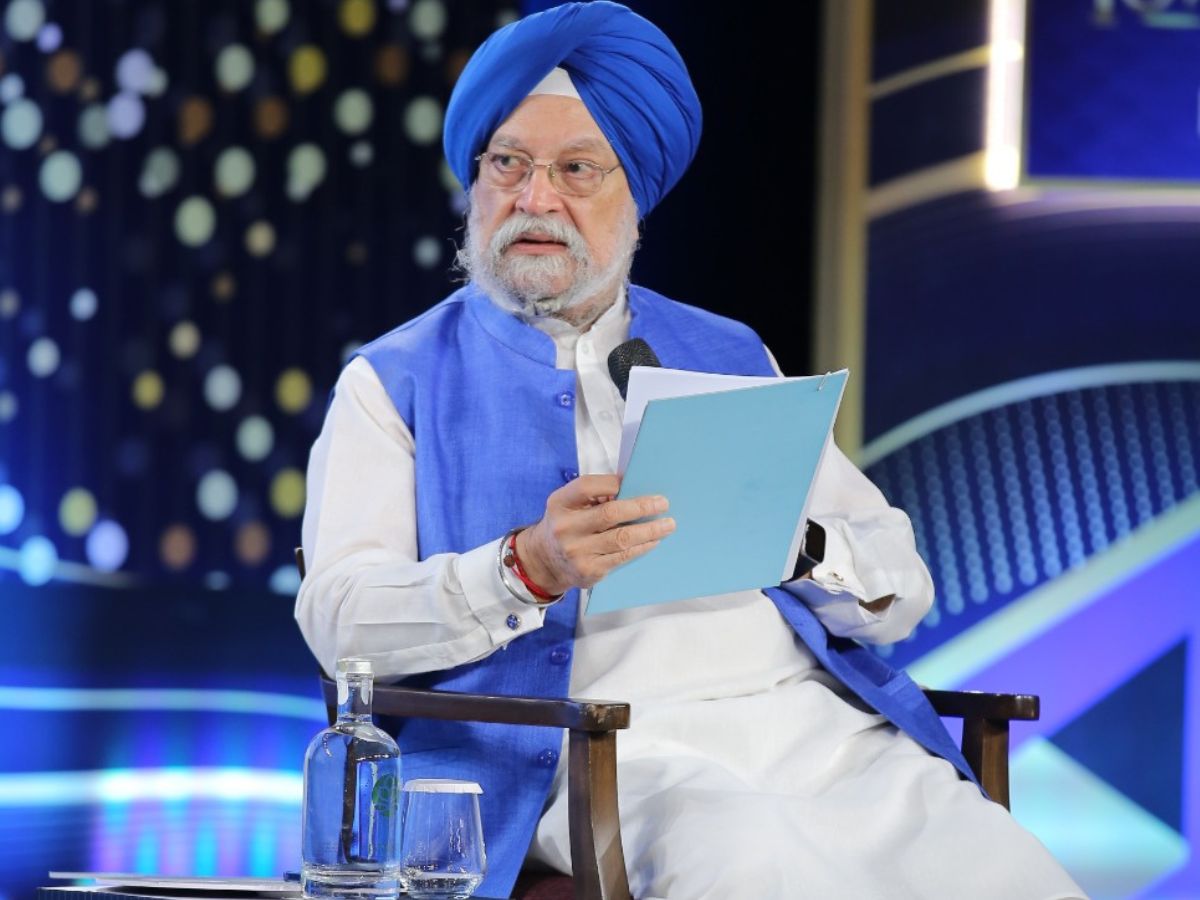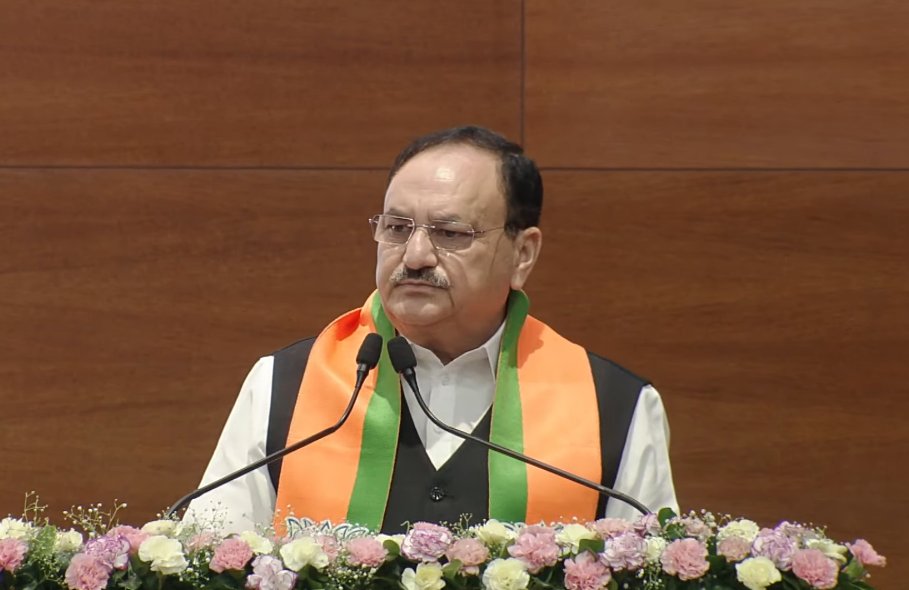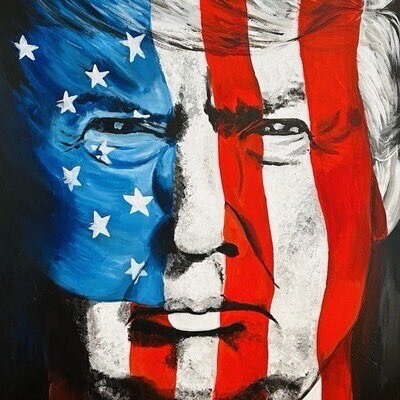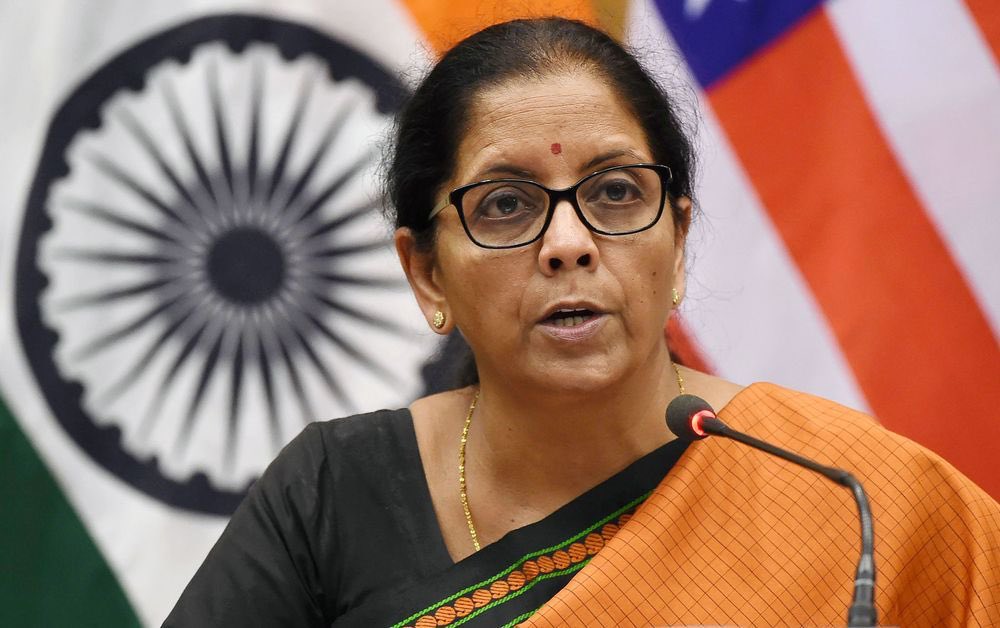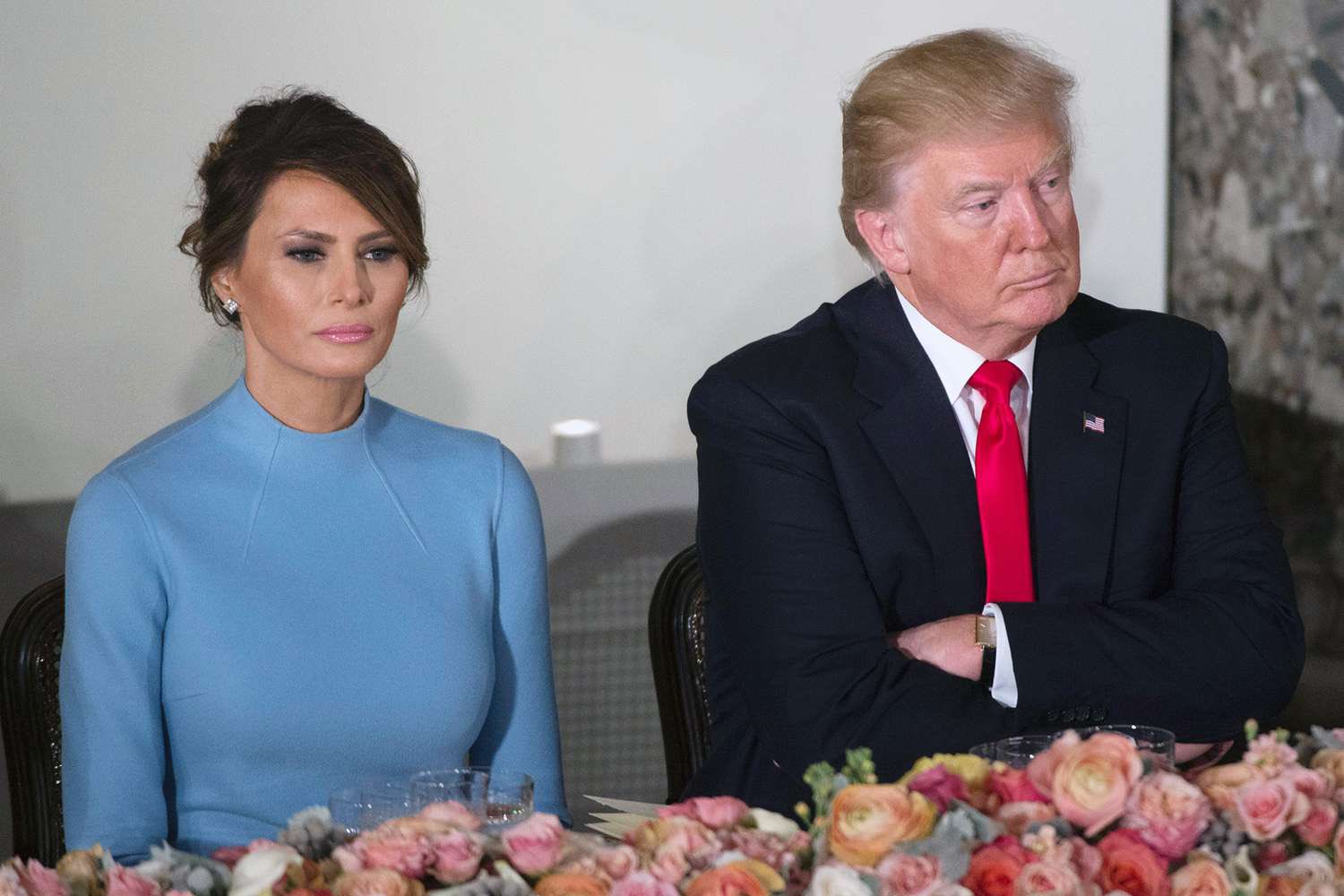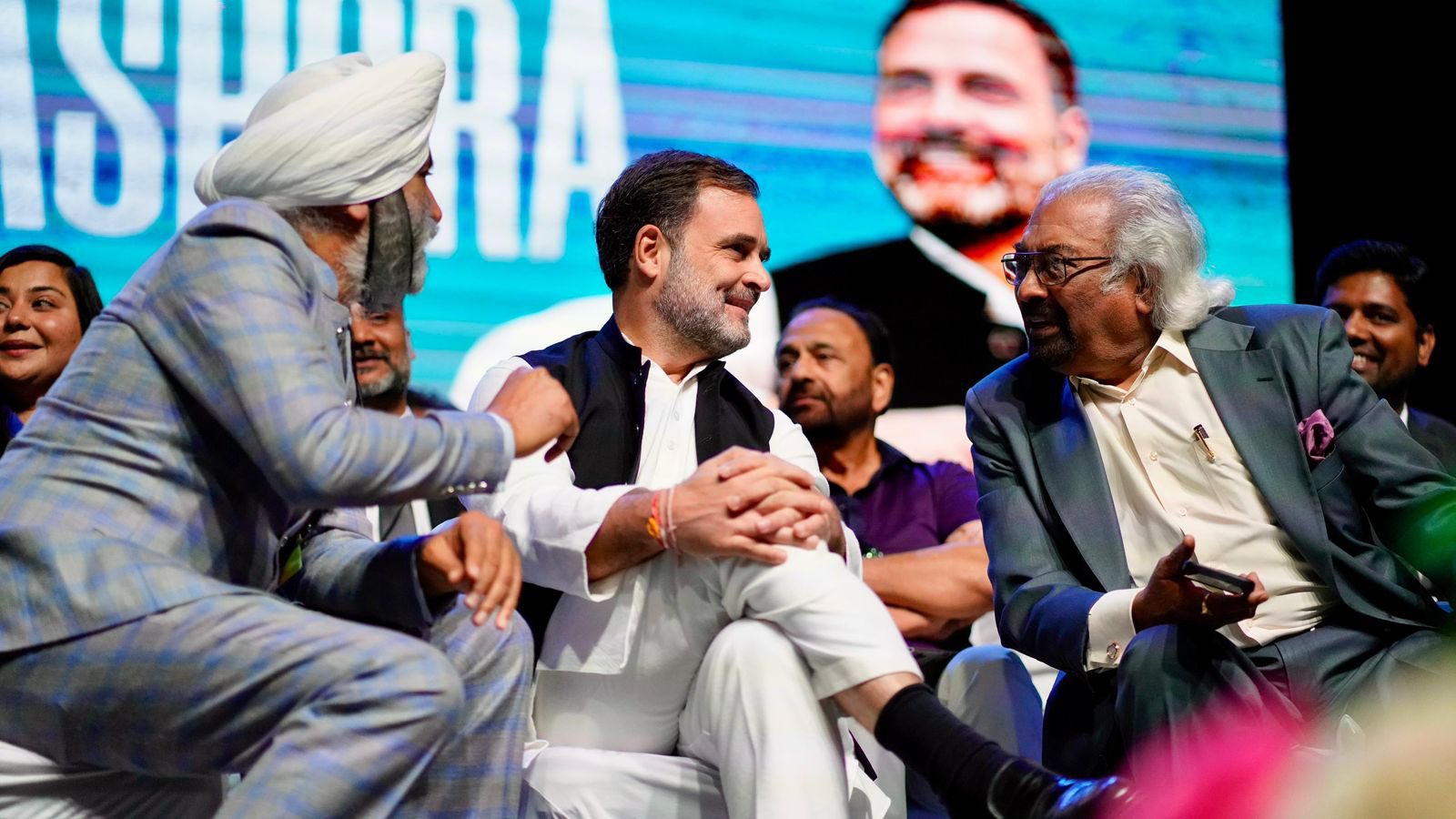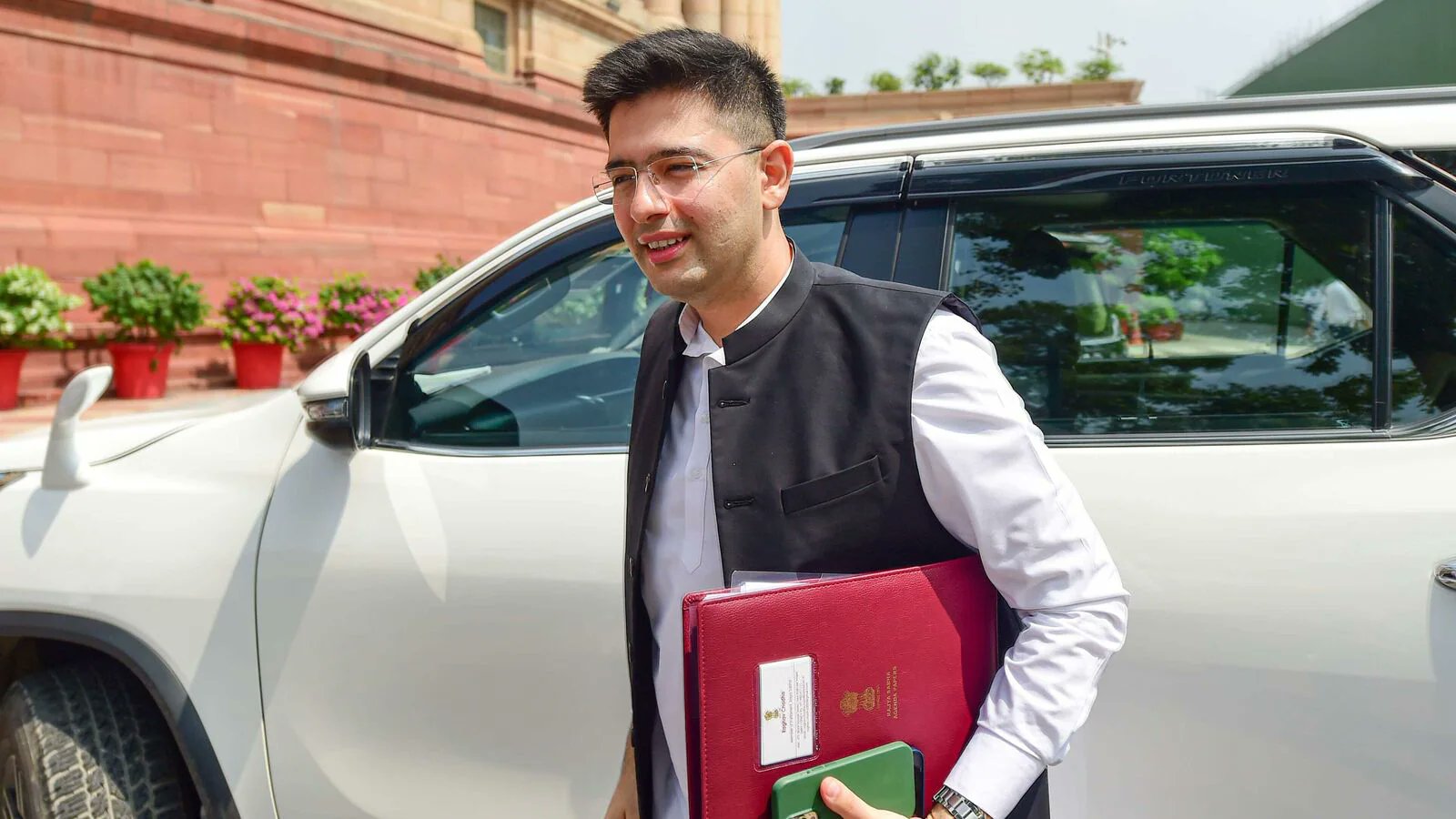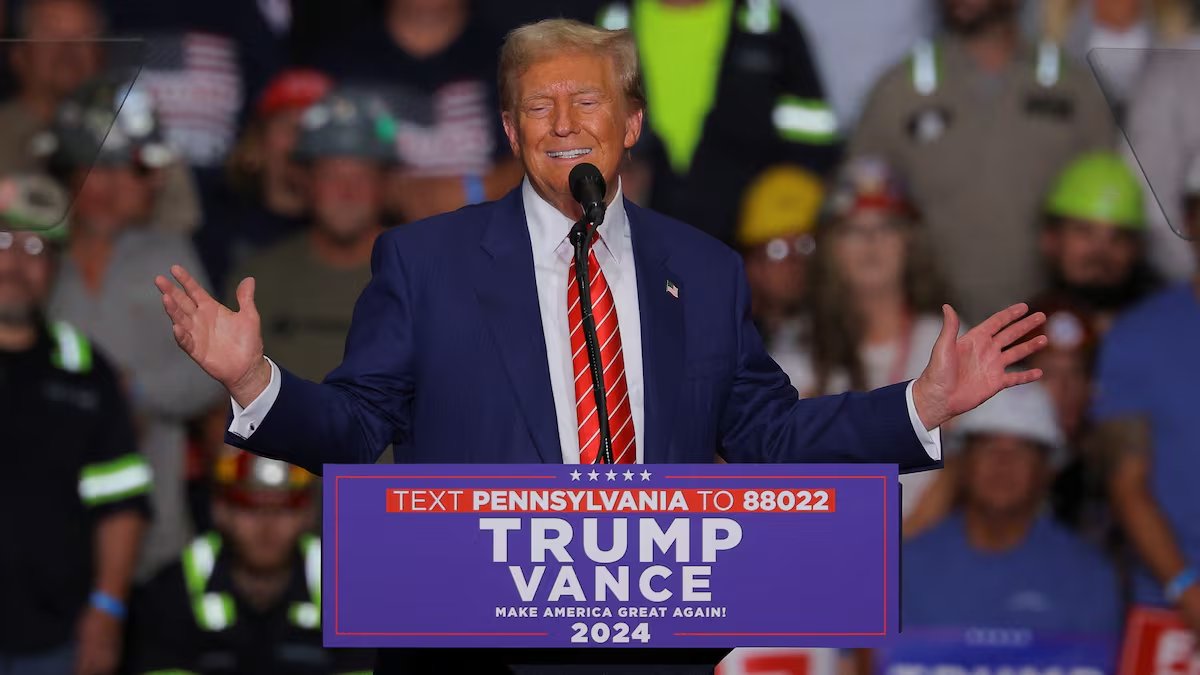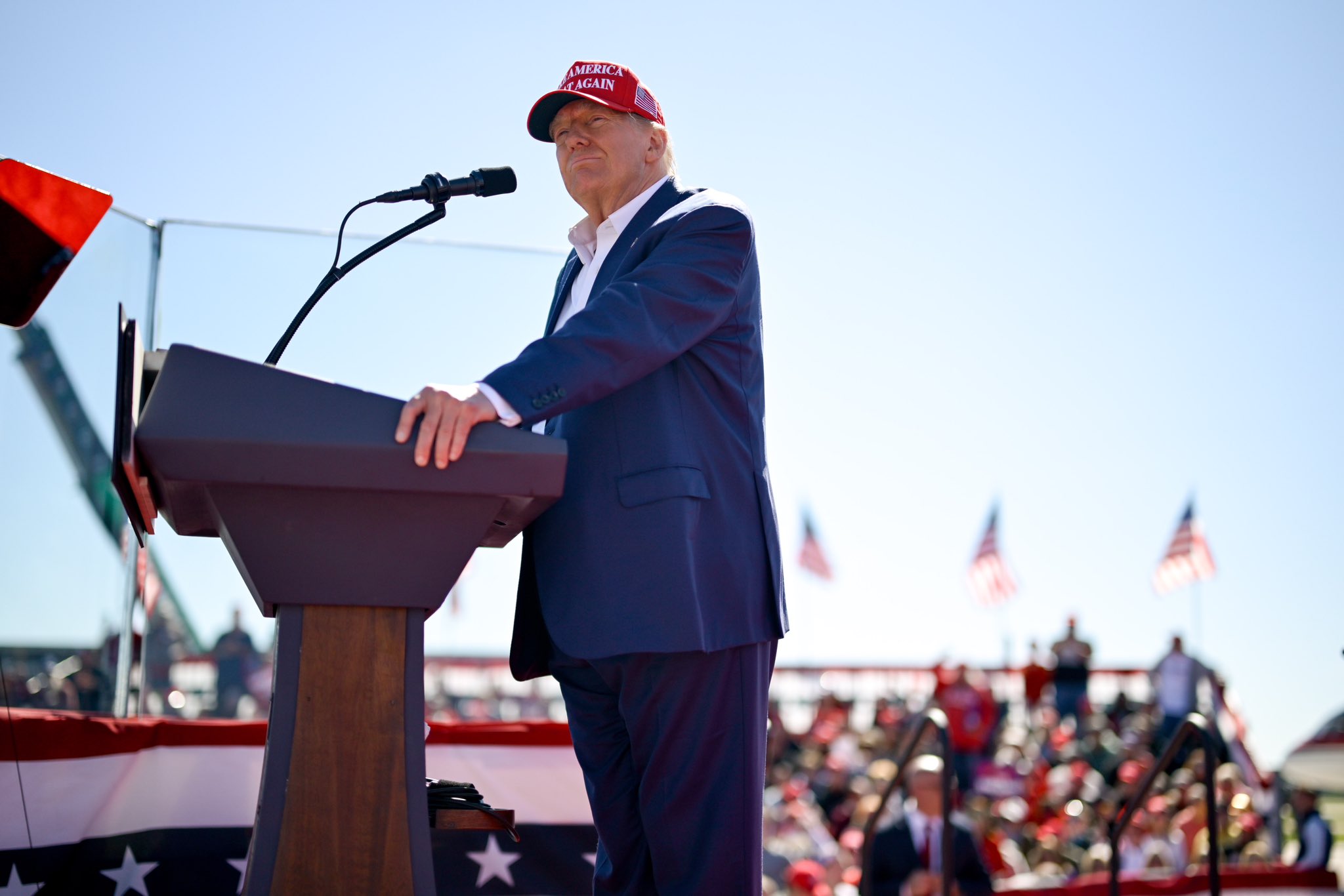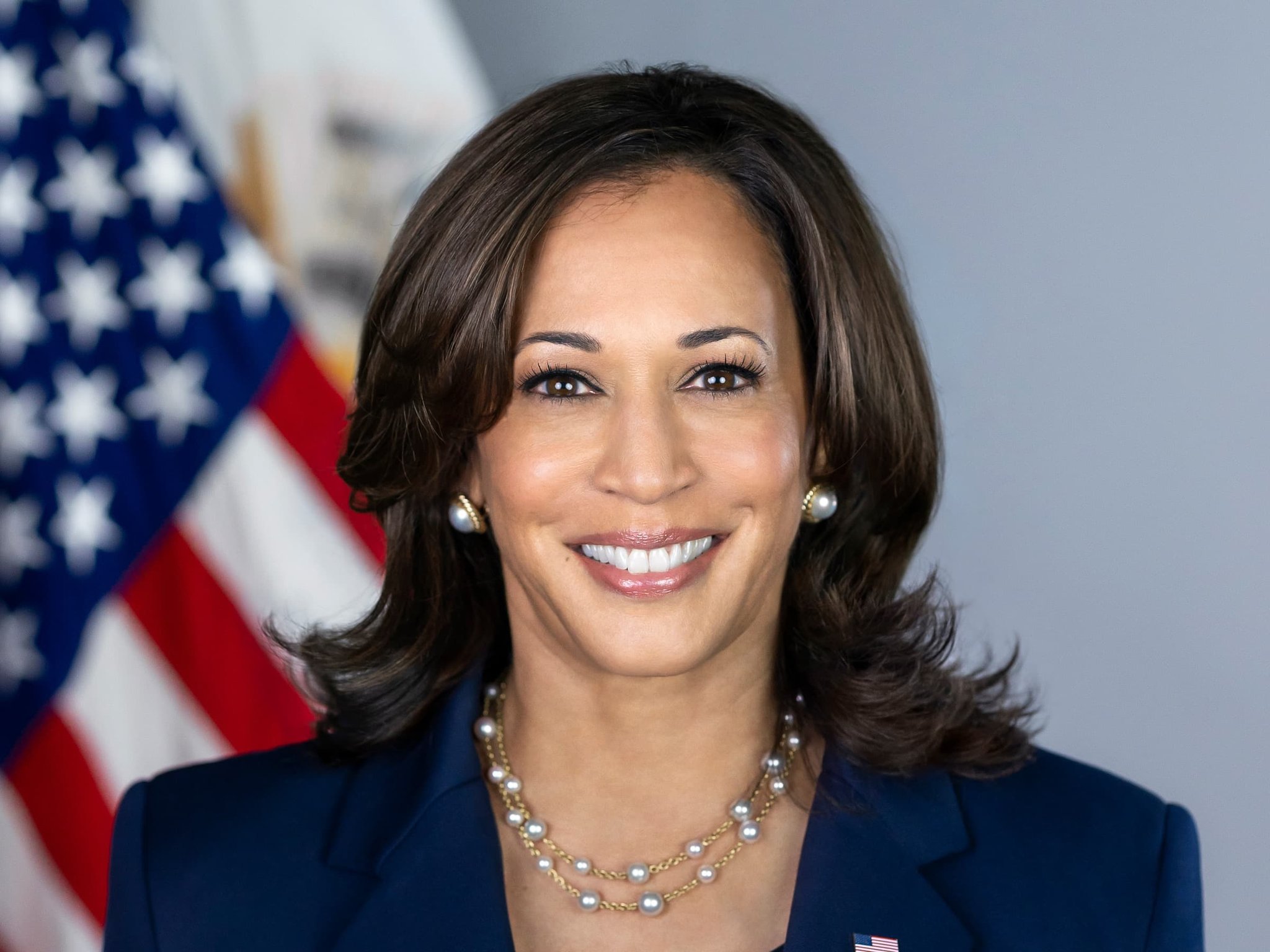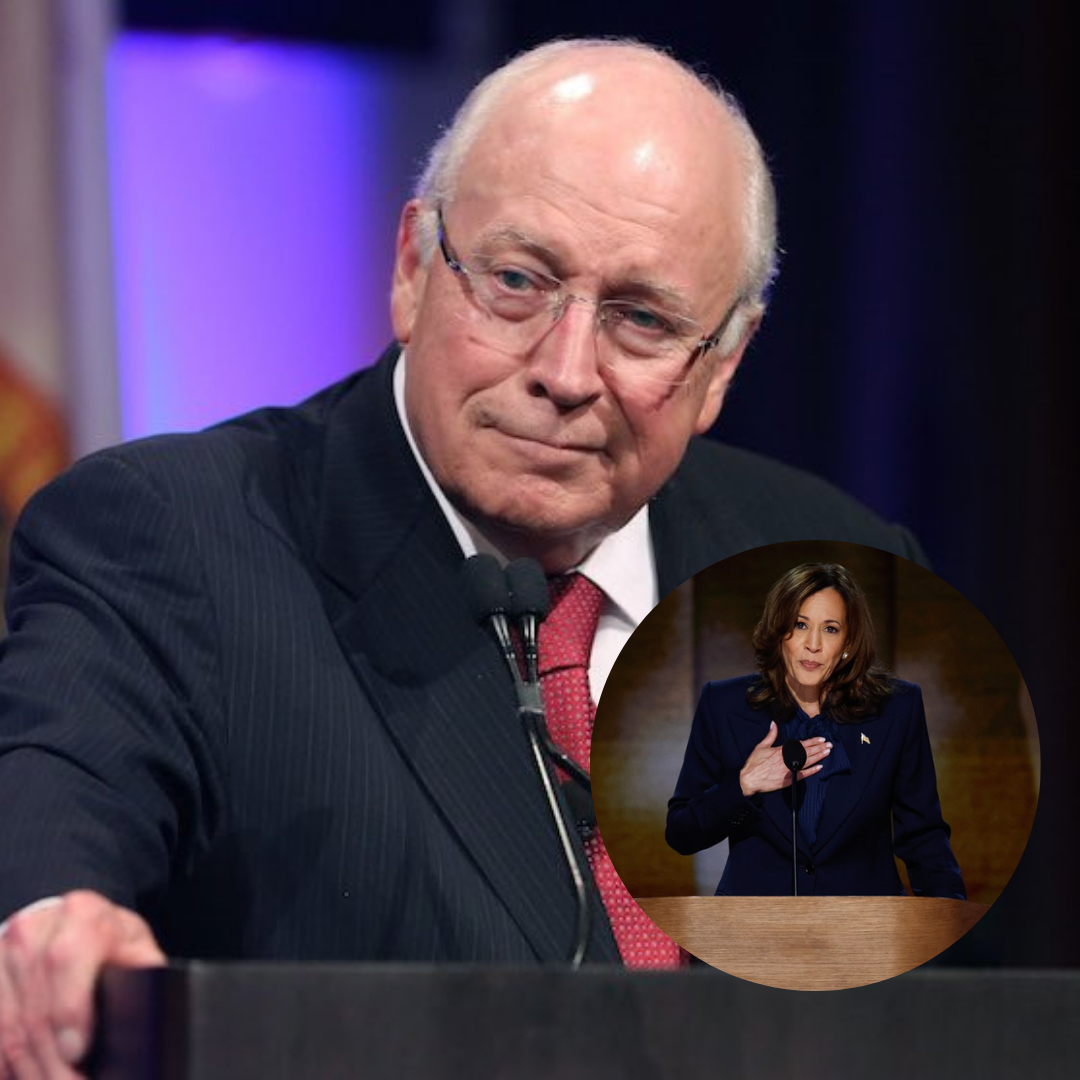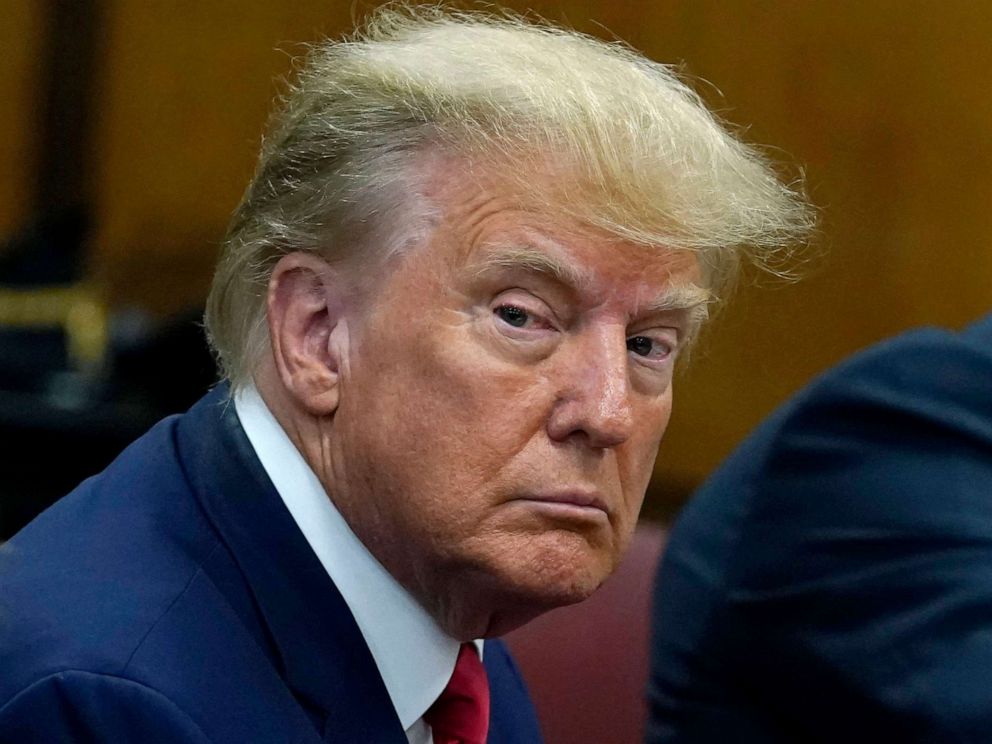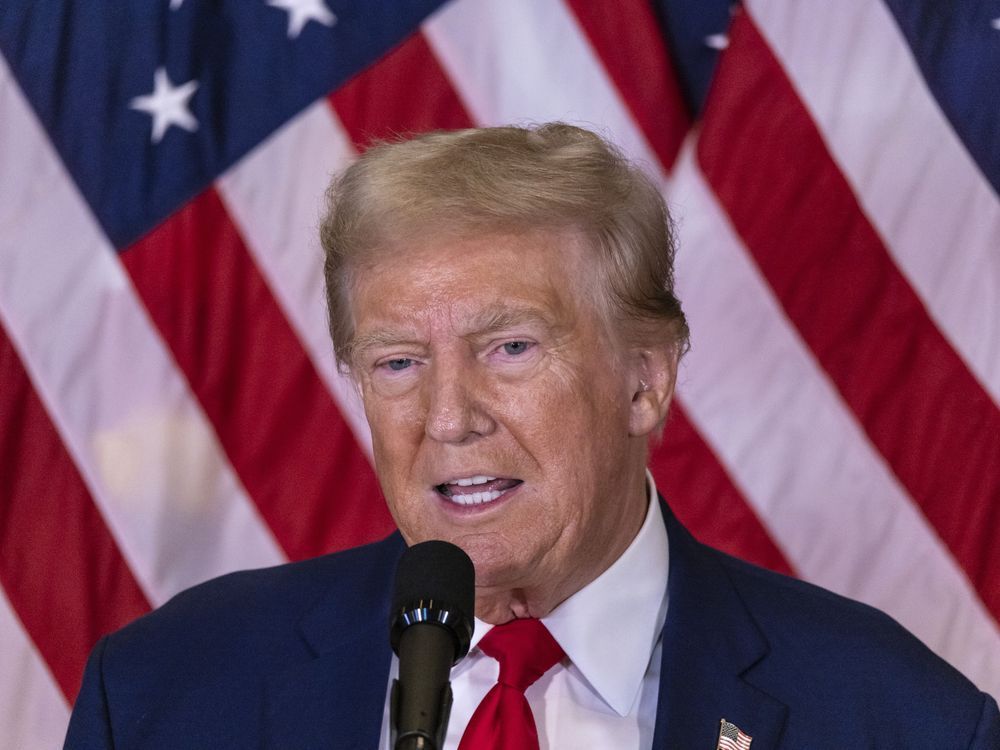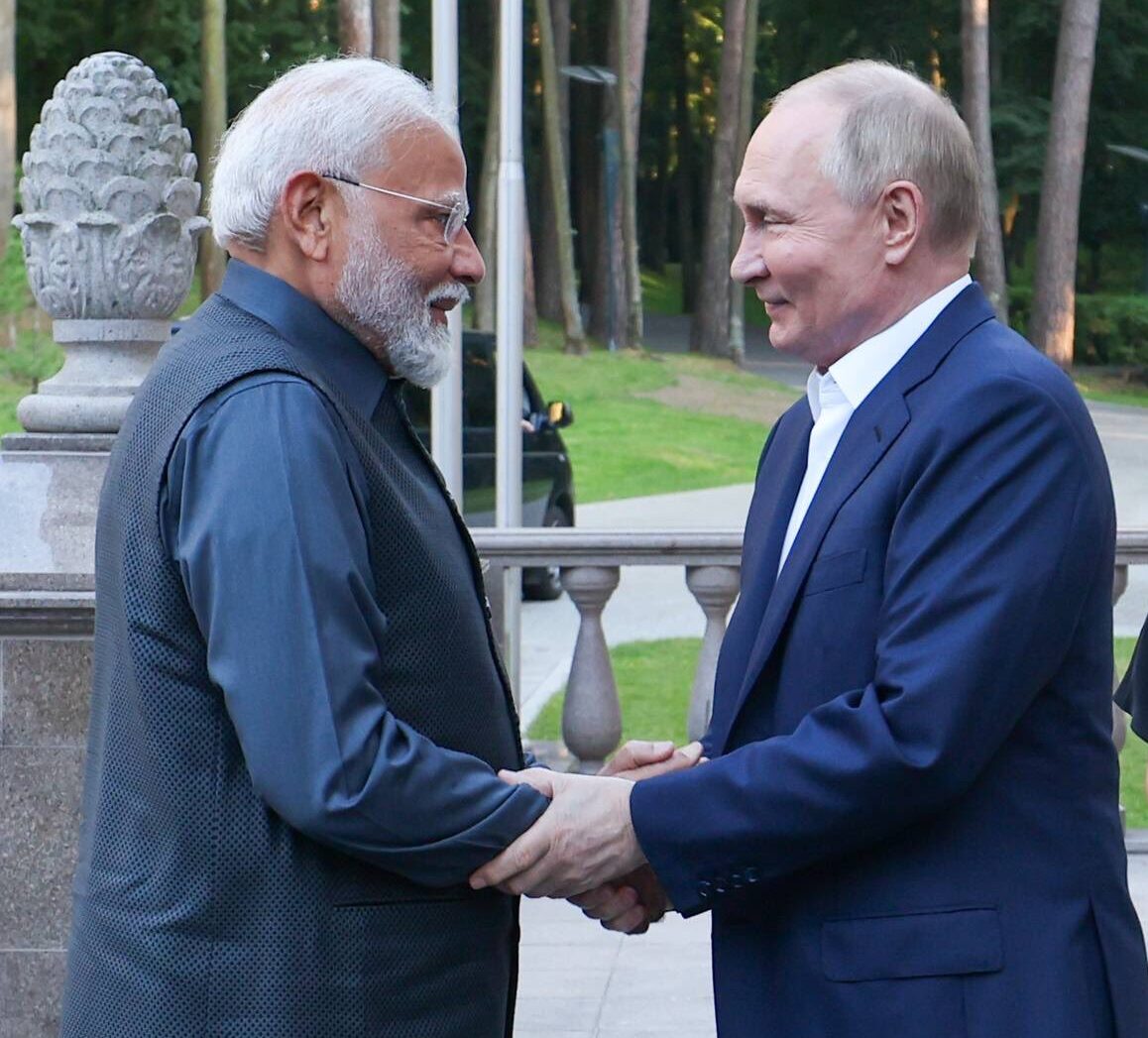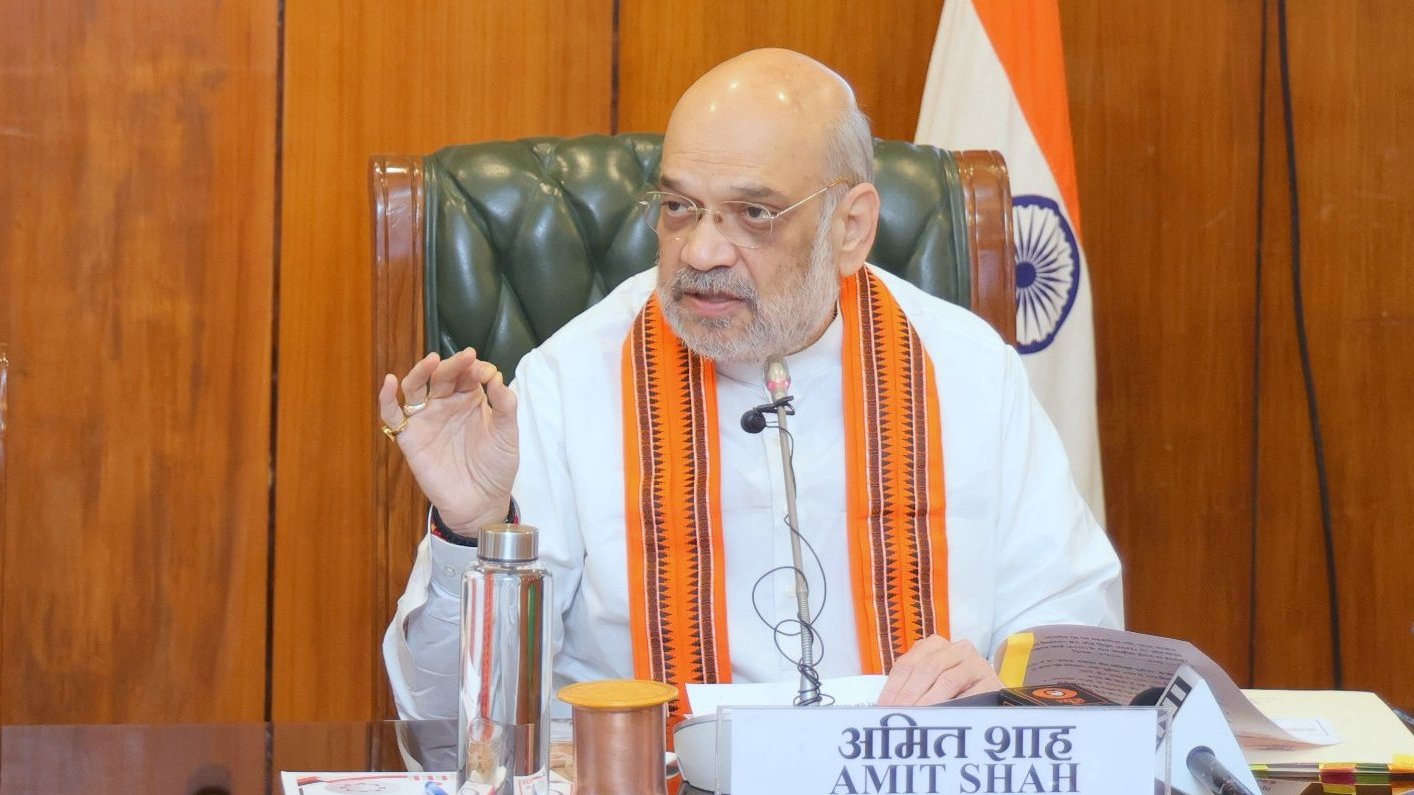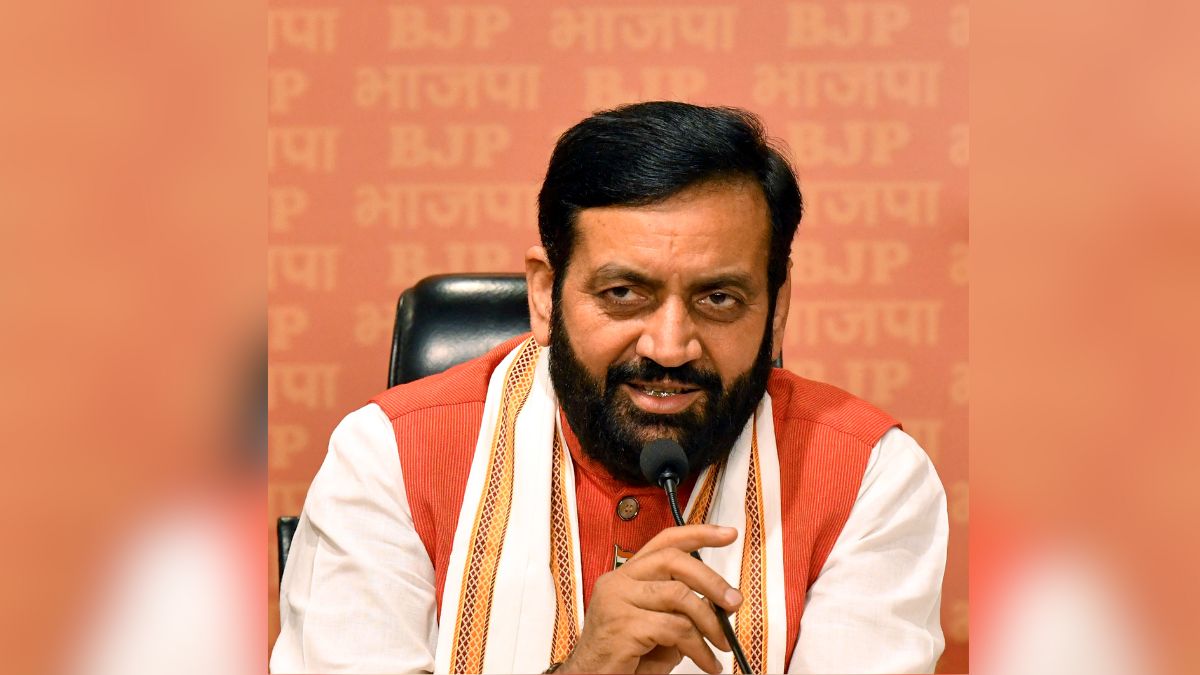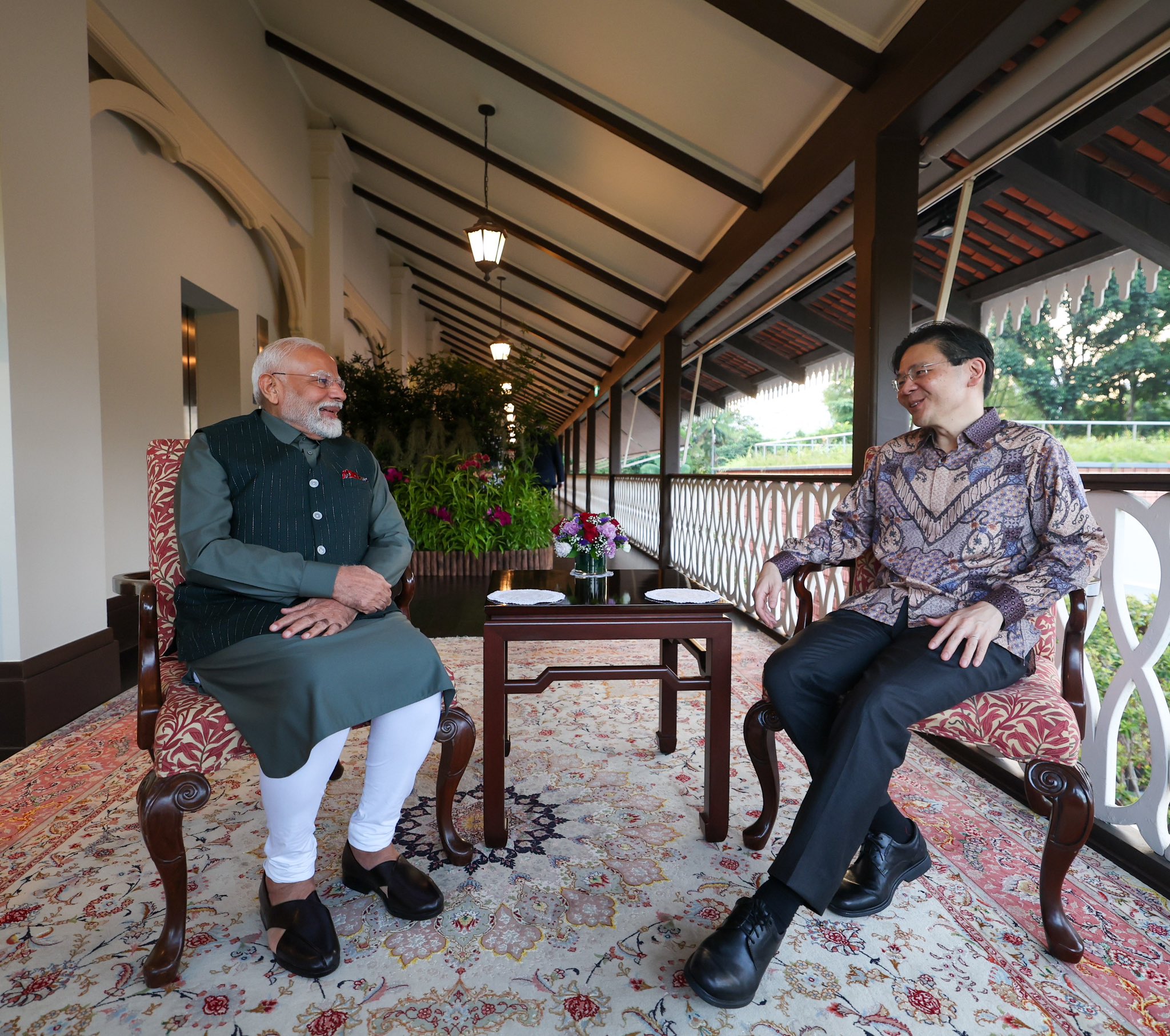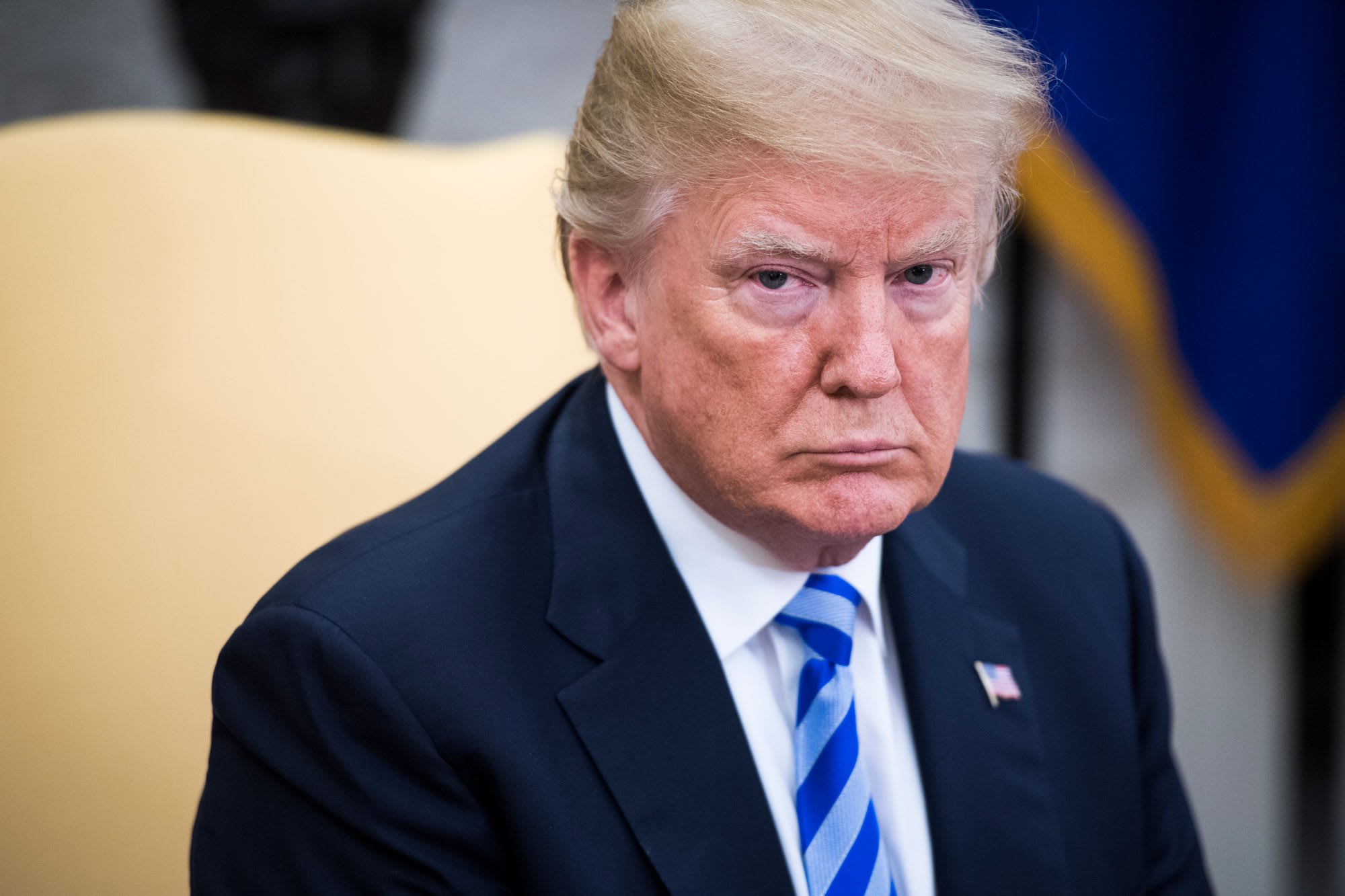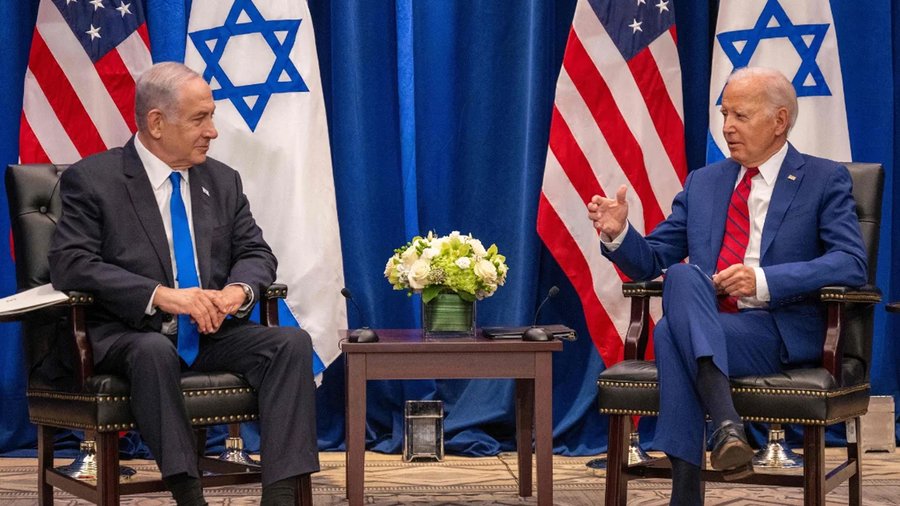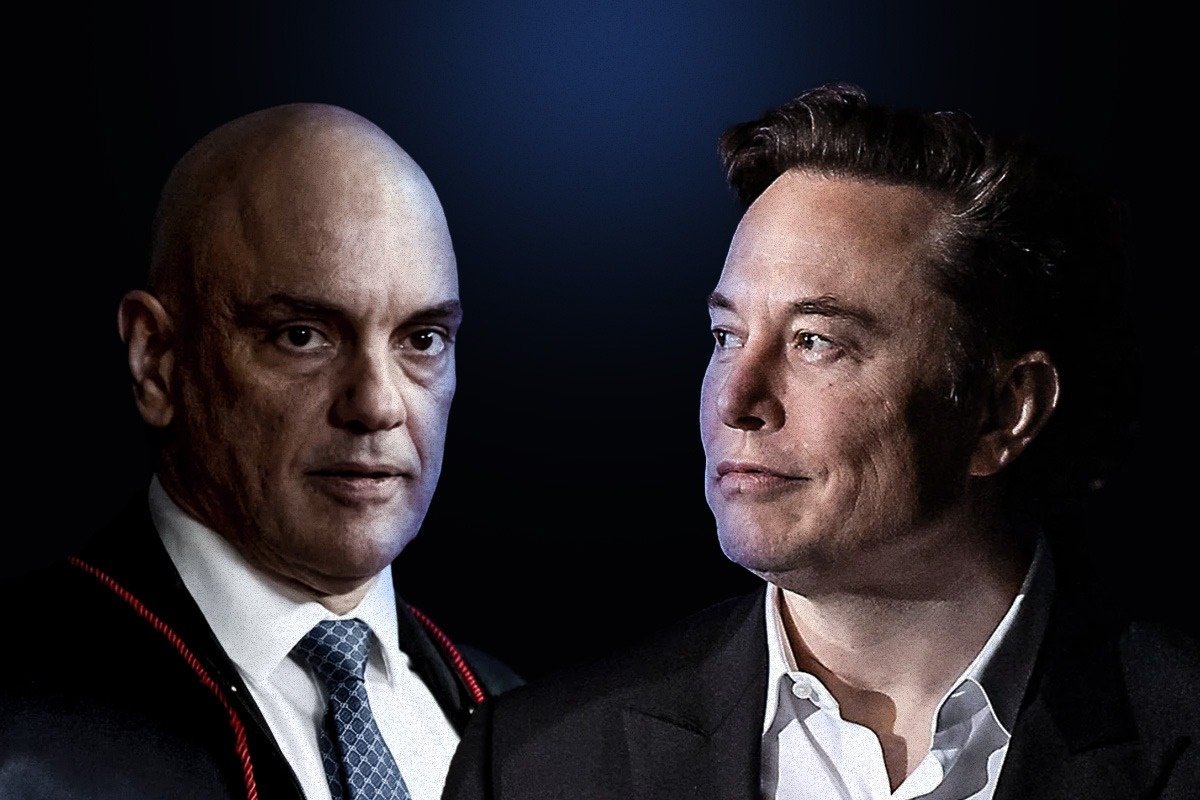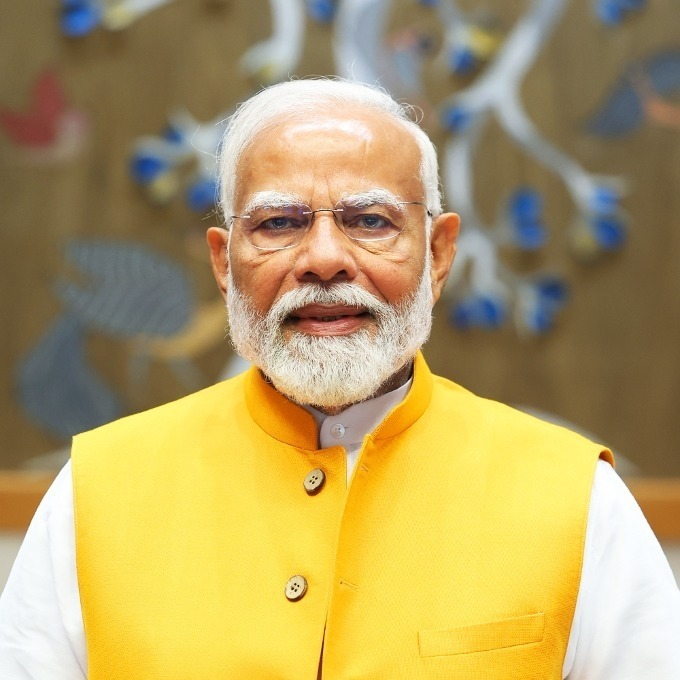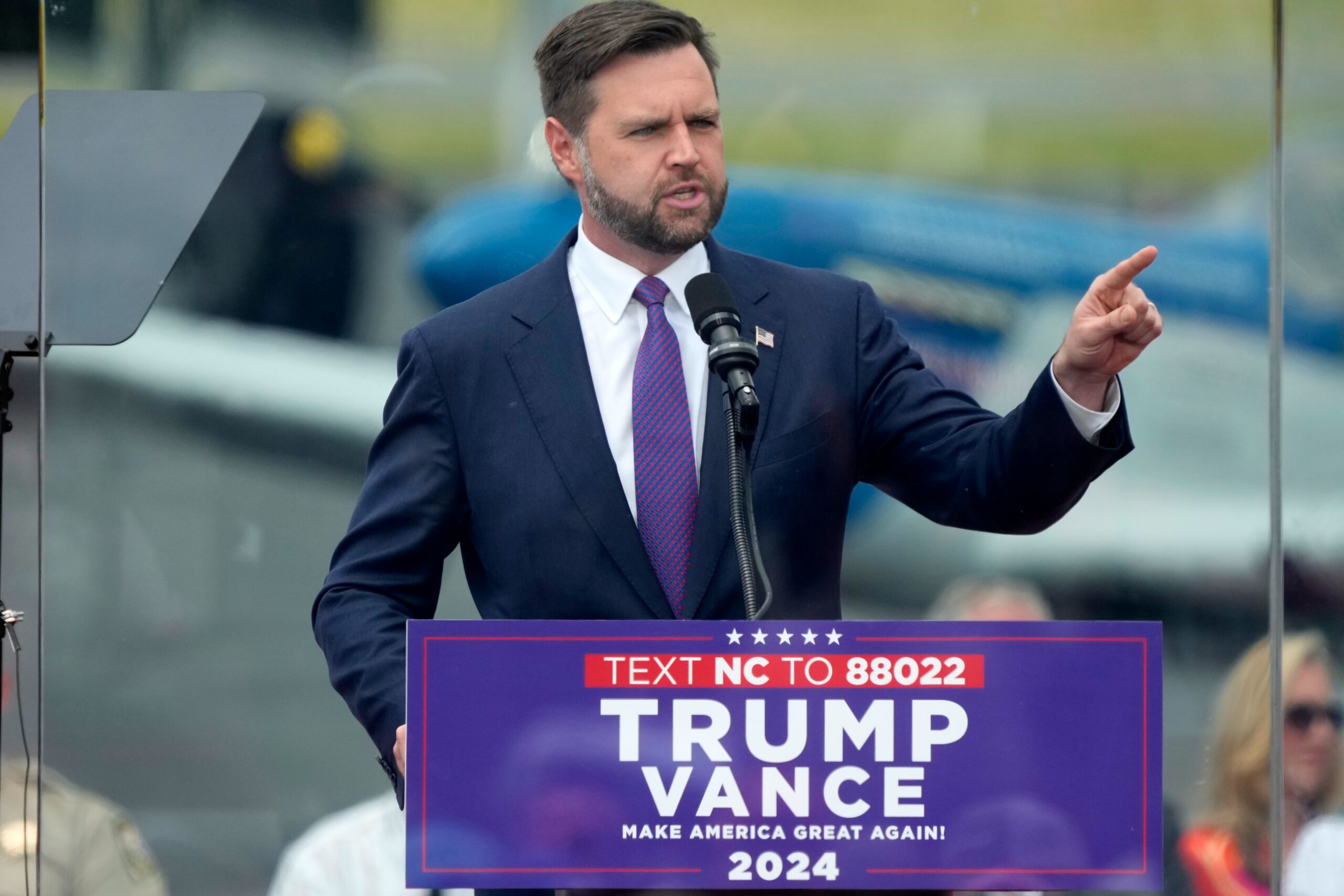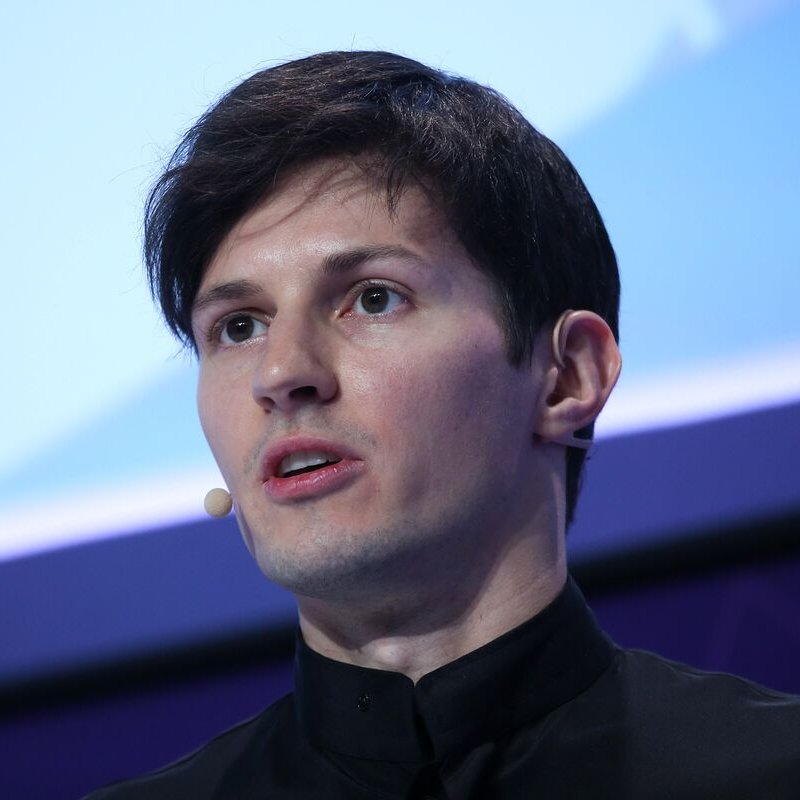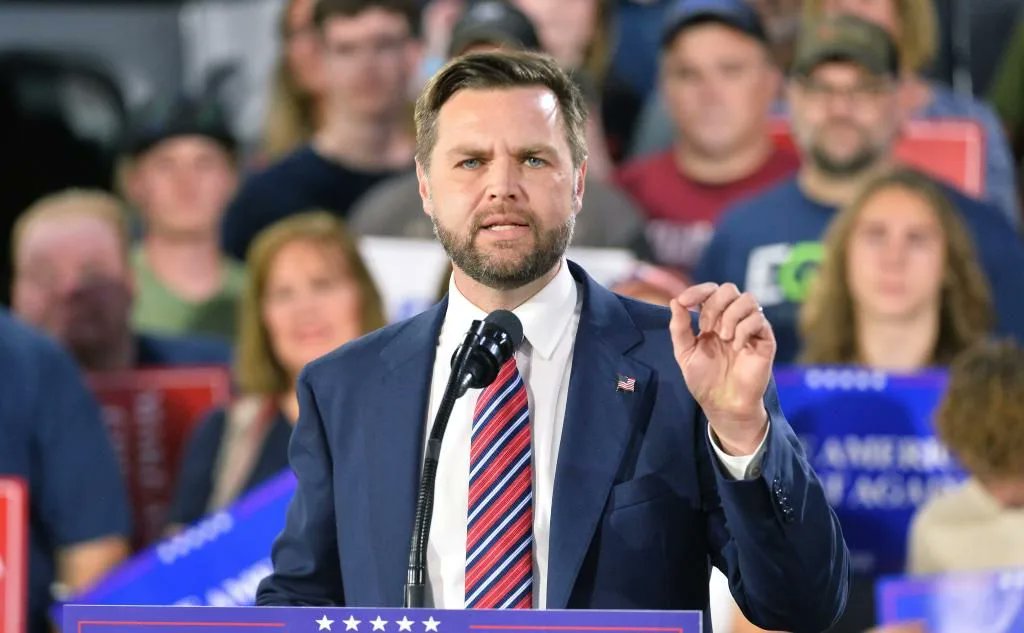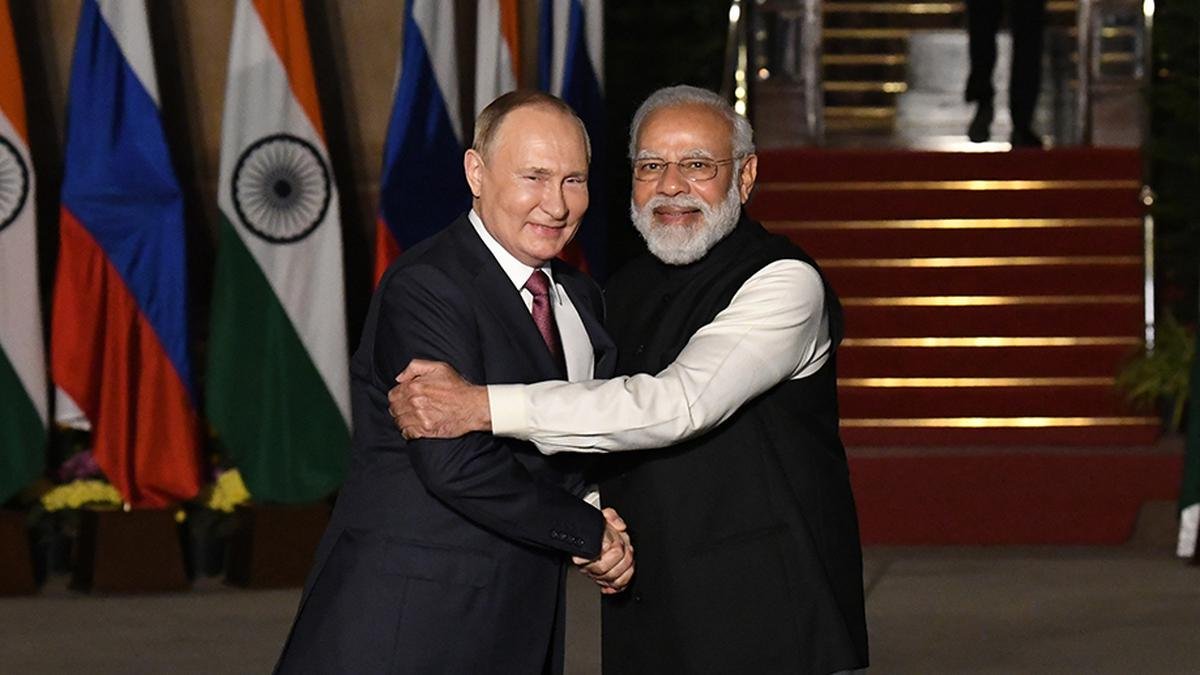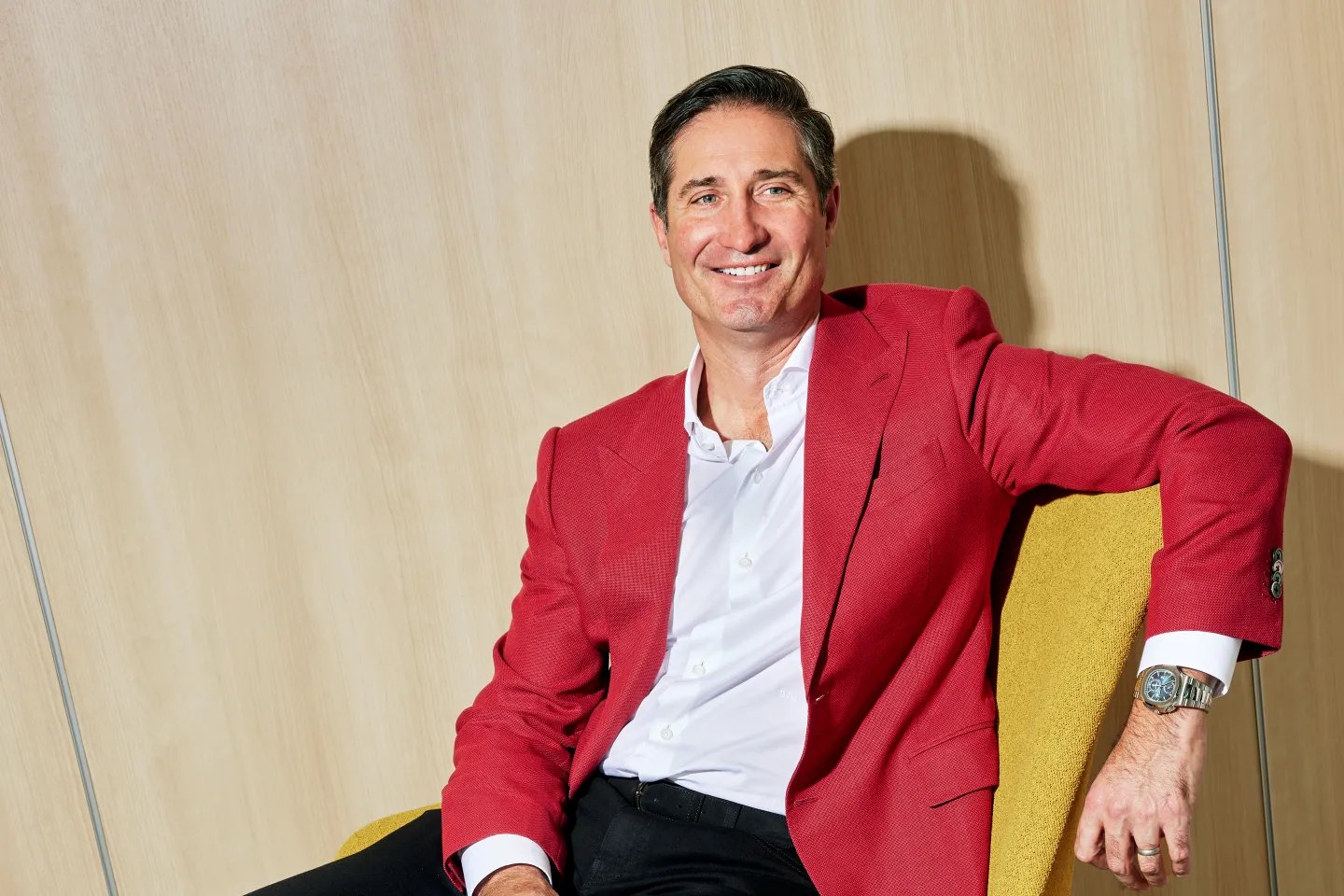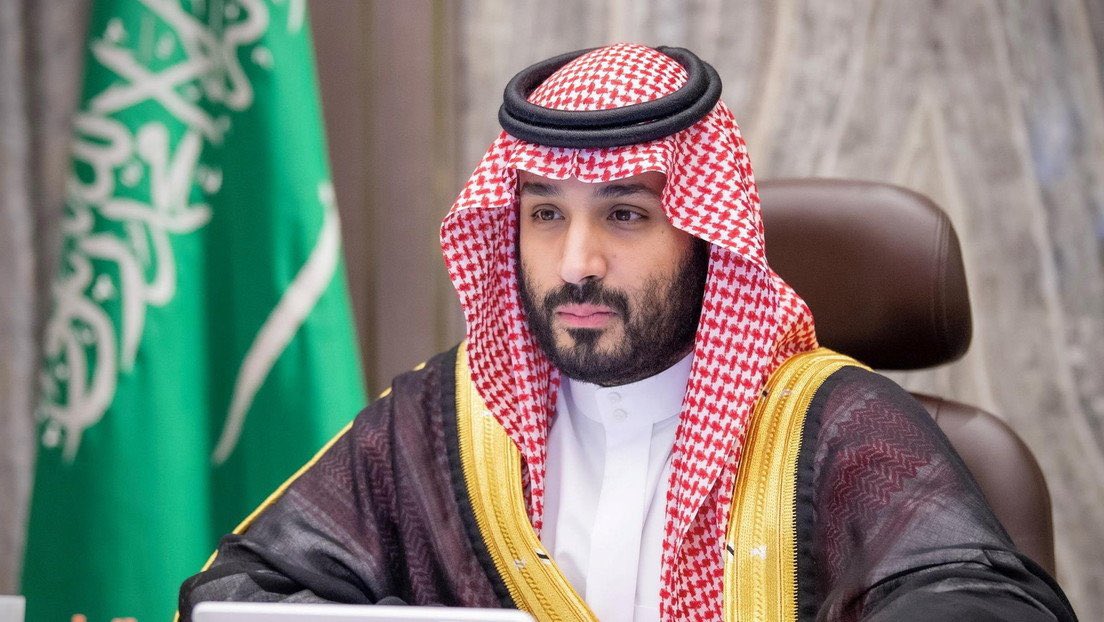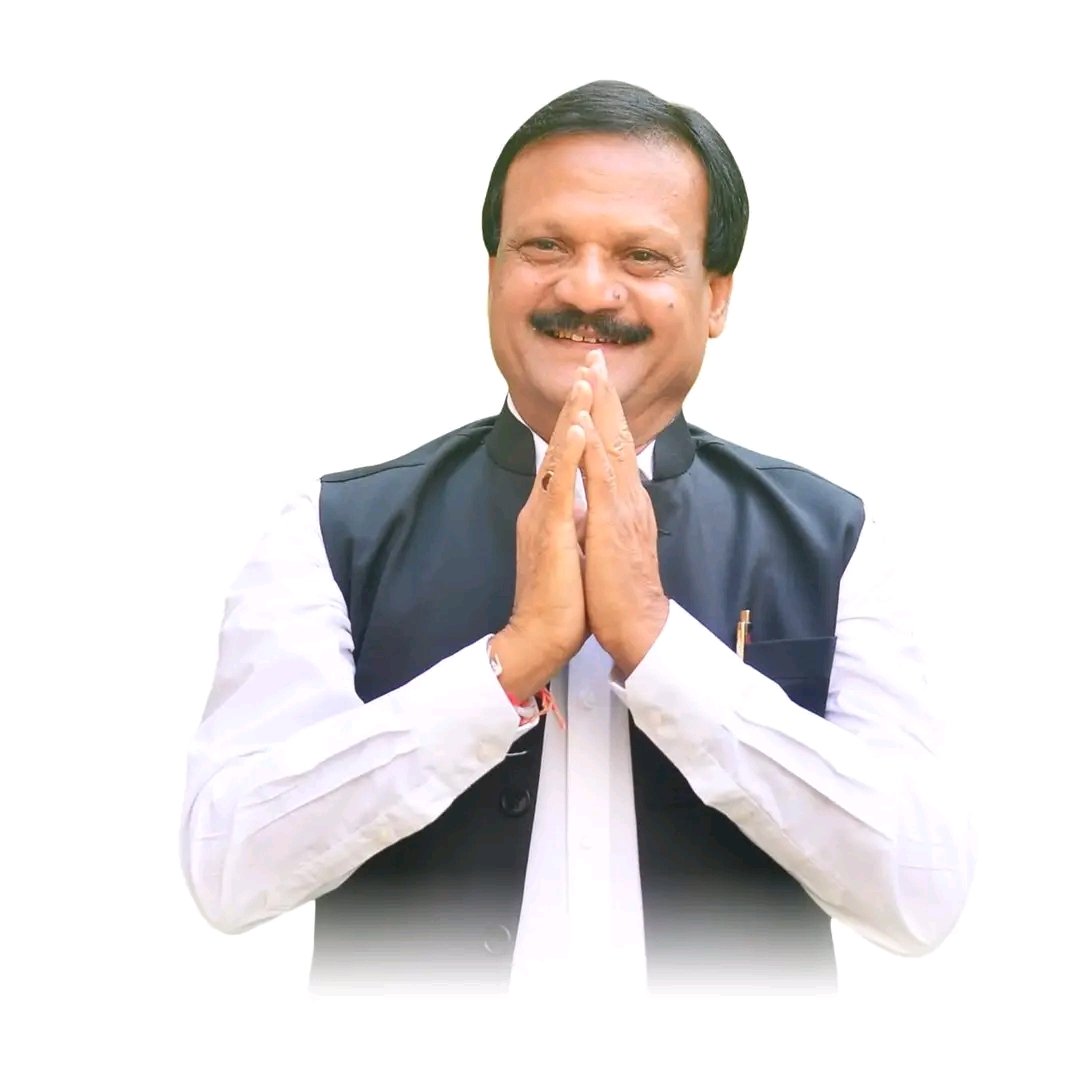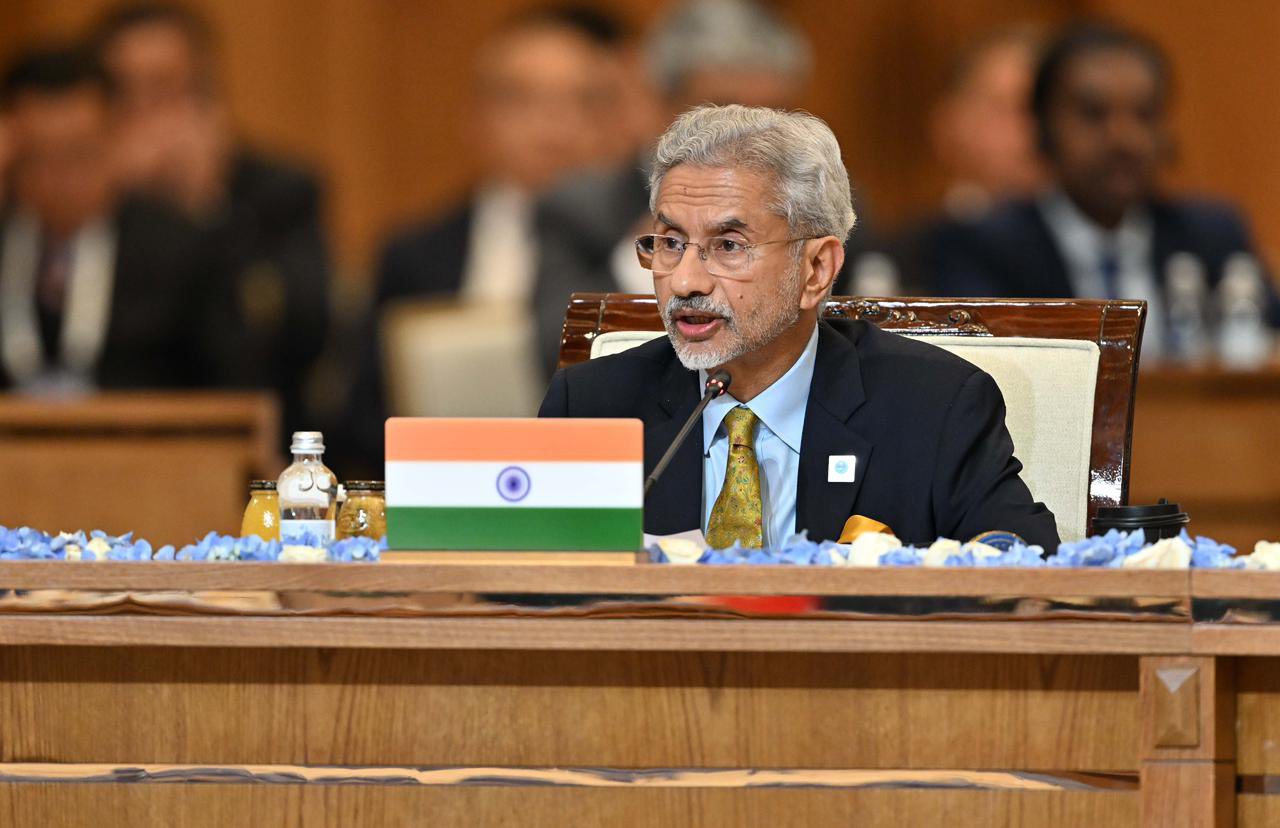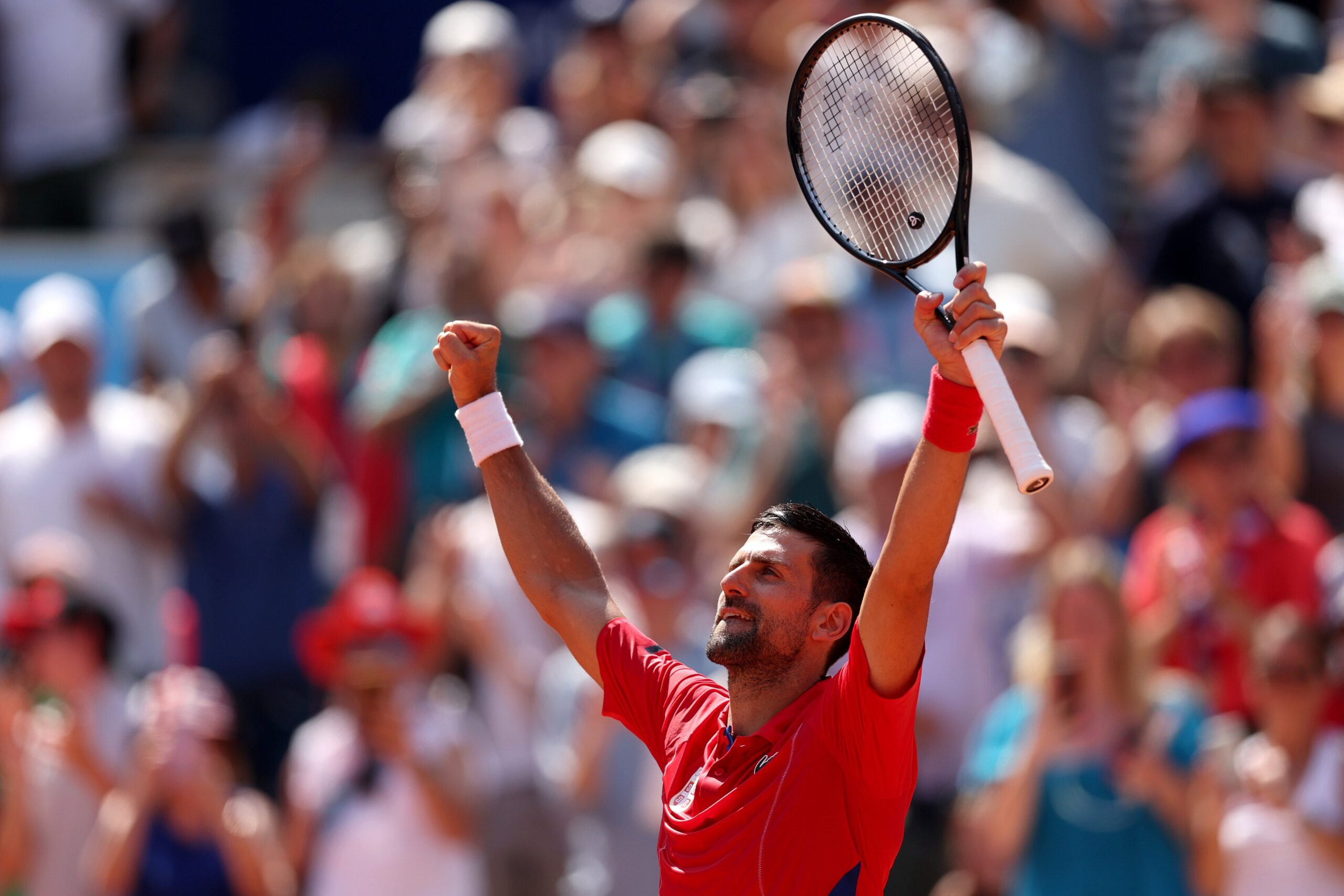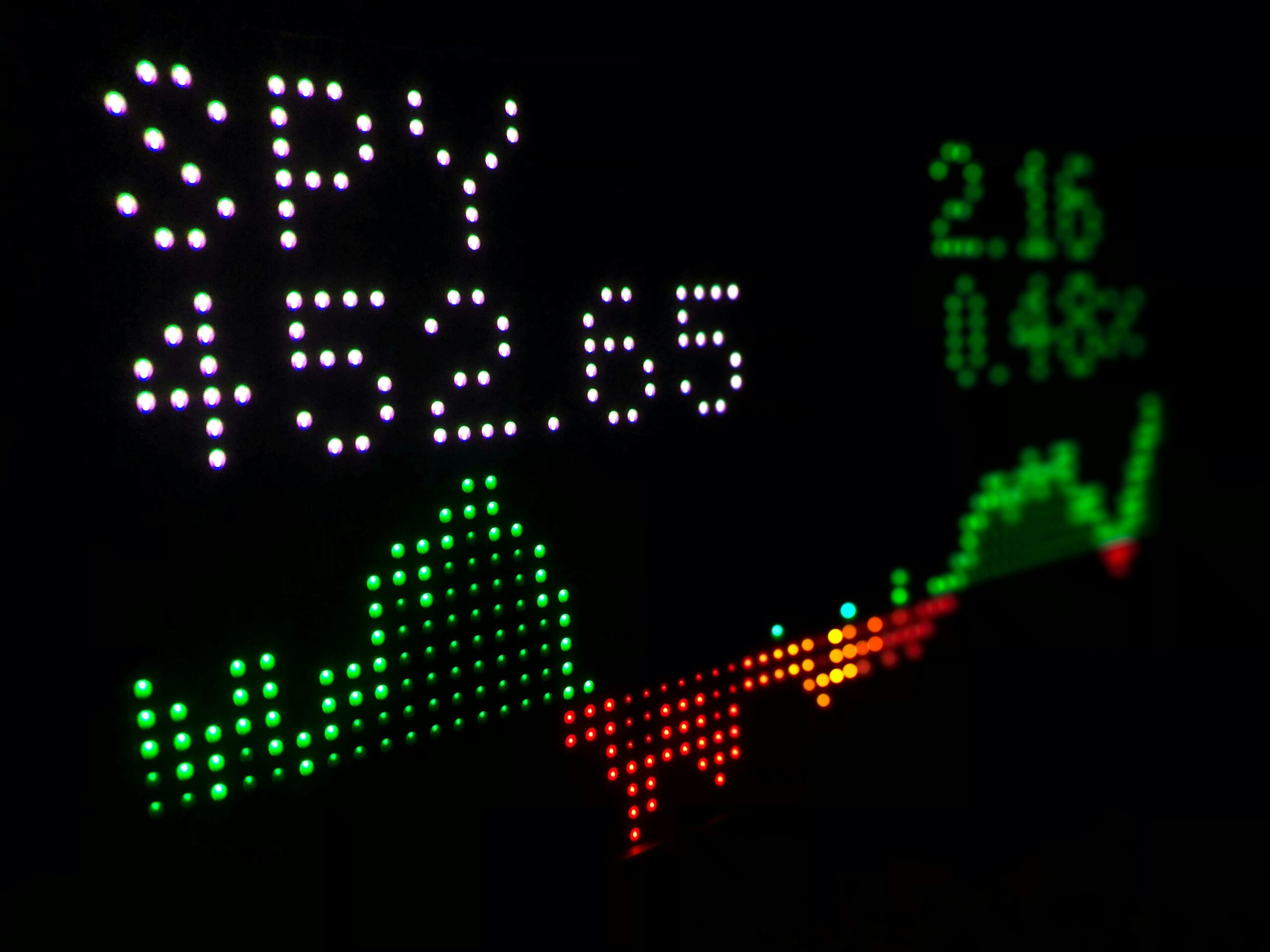In a surprising move, Elon Musk, the billionaire entrepreneur behind Tesla, SpaceX, and X (formerly known as Twitter), threw his weight behind former President Donald Trump in July 2024. The endorsement was expected to galvanize Trump’s campaign, offering both financial support and significant social media influence. However, the weeks that followed have been anything but smooth for both Musk and Trump, as they faced increasing criticism from the Democratic Party and labor unions.
Musk’s endorsement came on July 13, the same day Trump survived an assassination attempt, creating headlines that seemed to further cement Trump’s candidacy. The endorsement was intended to give Trump a substantial advantage, positioning him as a candidate supported by tech giants and influential business leaders. Musk’s unprecedented mix of wealth, celebrity, and media reach was anticipated to energize Trump’s campaign, providing a critical edge in the 2024 presidential race.
However, instead of providing a boost, the endorsement has exposed vulnerabilities in Trump’s campaign. Democratic attacks have centered on Musk’s anti-worker stance, with Vice President Kamala Harris’s campaign leading the charge. Harris’s team has repeatedly highlighted Musk’s history of opposing labor unions, reposting audio from an event on Musk’s social media app, X, where Musk and Trump laughed together about firing striking workers. Harris and her allies, including Shawn Fain, the president of the United Auto Workers (UAW), have used the endorsement to frame Musk and Trump as “self-obsessed rich guys” disconnected from the working class.
Labor Unions Fight Back
The labor movement, particularly the UAW and the International Brotherhood of Teamsters, has taken issue with Musk’s comments and his support for Trump. Union leaders have been harshly critical of Trump’s time in office, pointing to his appointment of conservative judges to the National Labor Relations Board (NLRB) and the federal courts. They argue that Trump’s policies have been detrimental to workers’ rights, particularly those of organized labor.
The backlash from unions has only intensified since the endorsement. The UAW has filed unfair labor practice charges against Musk and Trump, accusing them of interfering with workers’ rights. Fain has pressed the issue in media interviews, and acting Labor Secretary Julie Su has publicly criticized Musk, stating at the Democratic National Convention that “you can’t be pro-Elon Musk and pro-worker.” Sean O’Brien, general president of the Teamsters, went even further, labeling Musk and Trump’s comments as “economic terrorism.”
Musk has a long history of opposing organized labor, and his companies, Tesla and SpaceX, have been accused of illegal anti-worker activity. In 2018, Musk faced backlash after tweeting that unionized Tesla workers would lose stock options. Tesla’s lawyers defended Musk’s tweet as protected “employer speech,” but the controversy highlighted his adversarial relationship with labor unions.
In January 2024, Musk responded to allegations from the NLRB against SpaceX with a countersuit, challenging the constitutionality of the NLRB’s system of administrative law judges. This legal battle has only added to the perception that Musk is anti-worker, a sentiment that the Harris campaign has been eager to exploit.
Democratic Strategists Seize the Moment
Democratic strategists see the Musk-Trump alliance as an opportunity to weaken Trump’s appeal, particularly among working-class voters. Pete Giangreco, a Democratic strategist based in Chicago, noted that Musk’s endorsement of Trump is likely to energize the Democratic base rather than bolster Trump’s support. “Every time that Elon Musk tries to do something to help Donald Trump, I think it fires up the Democratic base to work against him,” Giangreco said.
This strategy appears to be working. According to a Fox News poll conducted in mid-August, Harris leads Trump by 10 points among union households. Democratic strategists are drawing parallels to the 2012 presidential race, where Mitt Romney’s casual attitude toward job cuts became a focal point for the Democratic campaign. Brendan Steinhauser, a Republican strategist in Texas, acknowledged the effectiveness of this approach, stating, “They want to make Trump, Elon, and people like them look like plutocrats.”
The Harris campaign has continued to hammer this message, with a viral post on X that has garnered over 7.2 million views. The post highlights Musk and Trump’s comments about firing striking workers and frames them as out of touch with the struggles of everyday Americans. Harris’s campaign added in a statement: “Trump’s entire campaign is in service of people like Elon Musk and himself — self-obsessed rich guys who will sell out the middle class.”
Challenges for Musk and Trump
The Musk endorsement, which was meant to be a lightning bolt for Trump’s campaign, has been fraught with difficulties. The two men have publicly disagreed about the extent of Musk’s financial support, with Musk’s super PAC going through a major staff shake-up shortly after its launch. Moreover, other Big Tech donors have been reluctant to follow Musk’s lead, choosing instead to back Harris’s campaign.
Musk’s much-anticipated one-on-one discussion with Trump on X, billed as “the interview of the century,” also faced challenges. Technical difficulties delayed the event by 40 minutes, and the conversation, which touched on labor unions, provided further fodder for Democratic attacks. Trump praised Musk’s handling of striking workers, which was met with laughter from both men. This exchange has been seized upon by the Harris campaign and labor unions to paint Musk and Trump as anti-worker.
While Musk’s endorsement was supposed to signal broad support from America’s tech industry and entrepreneur class, it has instead highlighted divisions within the Republican Party. Many within the GOP remain skeptical of Musk’s influence, particularly in light of his controversial stances on labor and other issues. As a result, the endorsement has not generated the momentum that Trump’s campaign had hoped for.
The Road Ahead
As the 2024 presidential race continues, both Musk and Trump face significant challenges. Democratic strategists are eager to keep the focus on their ties to labor unions, hoping to weaken Trump’s support among working-class voters in key swing states like Michigan. While Musk’s endorsement has certainly drawn attention, it remains to be seen whether it will have a lasting impact on the race.
Republican strategists like Chuck Coughlin acknowledge that Musk’s endorsement could resonate with certain voters, particularly those in the “techno-libertarian, young-voter world.” However, they also recognize the risks of aligning too closely with Musk, whose controversial views on issues like birth rates and antisemitism have alienated some potential supporters.
Seth Harris, a former labor policy adviser to President Joe Biden, views Musk’s endorsement as a net negative for Trump’s campaign. “Elon Musk created the opportunity that Donald Trump took to unmask himself as rabidly anti-union,” Harris said, adding that Musk’s endorsement reinforces Trump’s image as a candidate for the wealthy elite rather than the working class.
Musk’s influence, while significant, may be limited to a specific group of voters. A USA Today/Suffolk University poll conducted in May found that Musk’s endorsement had the most influence among Republicans, but it did little to sway Democratic-leaning voters. Musk’s role as a “kingmaker” in this election cycle may be more symbolic than substantial, particularly given the increasingly polarized political landscape.
Ultimately, the success of Musk’s endorsement will depend on how well Trump’s campaign can navigate the challenges posed by labor unions and Democratic attacks. If Musk can deliver on his promises of financial support and social media firepower, it could provide a much-needed boost for Trump’s campaign. However, the ongoing backlash from labor unions and the Harris campaign suggests that Musk’s involvement may be more of a double-edged sword than initially anticipated.


